
14 YEARS OF OCEAN ACTION


14 YEARS OF OCEAN ACTION
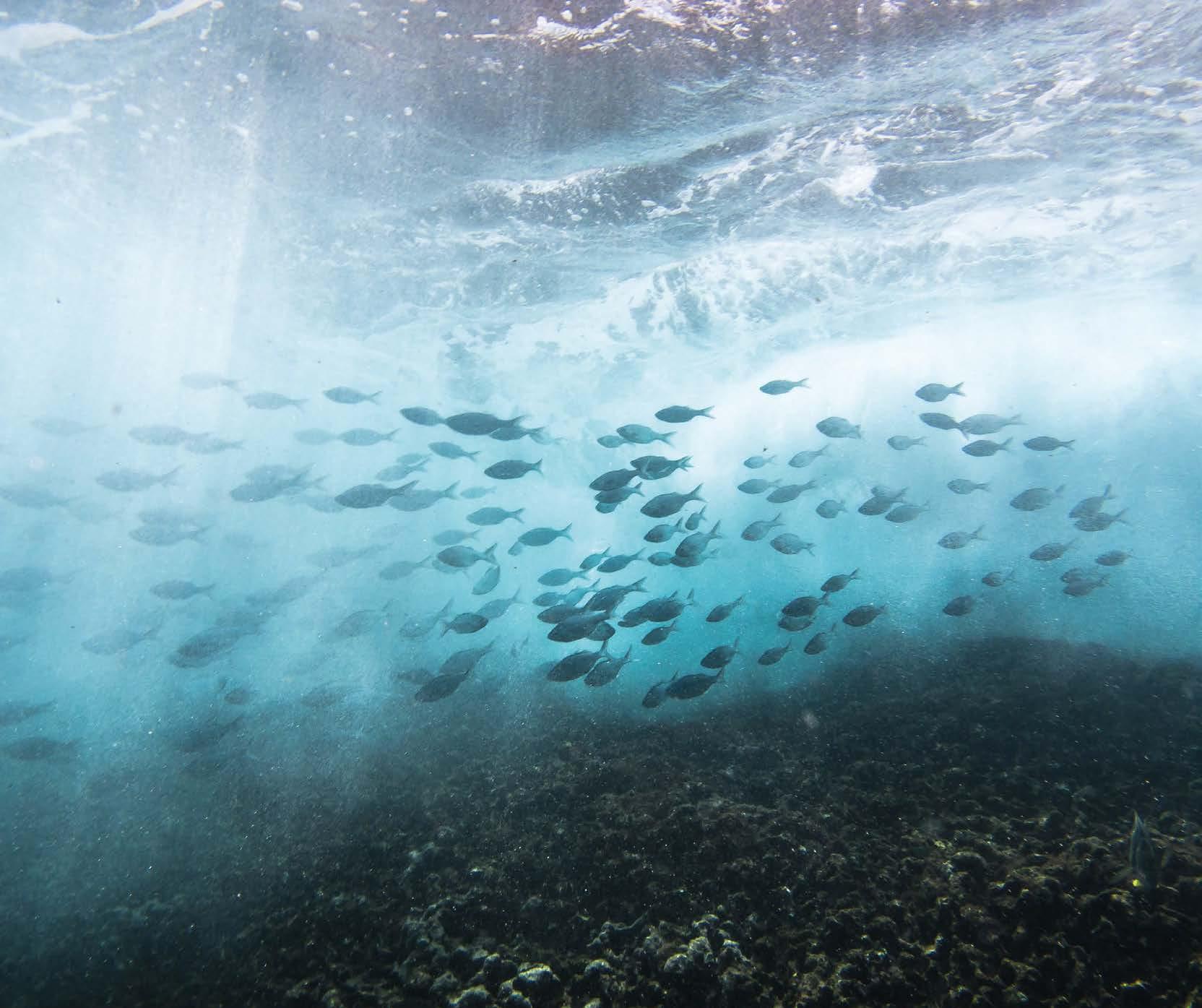
Blue Marine Foundation is continually responding to the dynamic set of challenges that the ocean faces. Our work sits at the nexus of climate, biodiversity and human development. The question that drives everything that we do is always: what have we achieved for the marine environment? This report aims to answer that question, using a rigorous monitoring and evaluation framework developed by our team with external expert support.
Our rapid growth in the last five years has been supported by organisational developments, highlighted below:
• Strategic review cycle. 2024 marks the launch of an updated three-year external strategy and review cycle. This strategy defines what we work on, our approach to conservation, where we work and how we collaborate to achieve conservation impact.
• Systematic project identification. We have developed a rigorous internal due-diligence process to evaluate the potential opportunities, impacts and risks of new projects.
• Partnering to expand reach. We have worked with over 200 partners across over 50 countries. We seek to be dynamic and impactful in these partnerships, but also sensitive to the needs of the local environment, community and NGO landscape. We co-design and co-develop our conservation projects with local partners, scientists and communities.
• Organisational effectiveness through diversity and governance. In March 2024, we recruited three new board members. We are female-led: our CEO, many of our board, and a majority of our executive and broader team are women. We are committed to equality, diversity and inclusion in the workplace, engaging a Head of People and Culture to support this internally. Our Code of Conduct governs our approach to each other and our partners.
• Value for money and transparency. In 2023, our finance team won the Transformation Project of the Year award for the calibre and quality of their financial practices and processes. Our operation is, and will remain, lean, with 86 pence of every pound on average going directly into conservation.
• Convening others. Blue Marine has a track record of successfully bringing together diverse stakeholders to drive forward effective conservation. We wish to continue this trajectory at an international level.
As Blue Marine nears our 15th birthday, we seek to retain the dynamism and flexibility that has driven the organisation forward. The incredibly complex challenges faced by the ocean require collaborative solutions. We therefore seek to work collaboratively and in close partnership with our peers. The important part of this report is the impact – the tangible, on-the-ground change that we have achieved both for the marine environment and the lives of our partners. This is the result of constant hard work from our diverse, brilliant team. Thank you for reading and we welcome your thoughts and questions.
Having a positive impact on life in the ocean and those who depend on it matters more than anything to us at Blue Marine. It unites us as a team and drives us to achieve ever more. So much of our work has been made possible thanks to our amazing partner organisations and individuals around the world. As a team we salute every one of you as we strive to protect our ocean.

Clare Brook, CEO
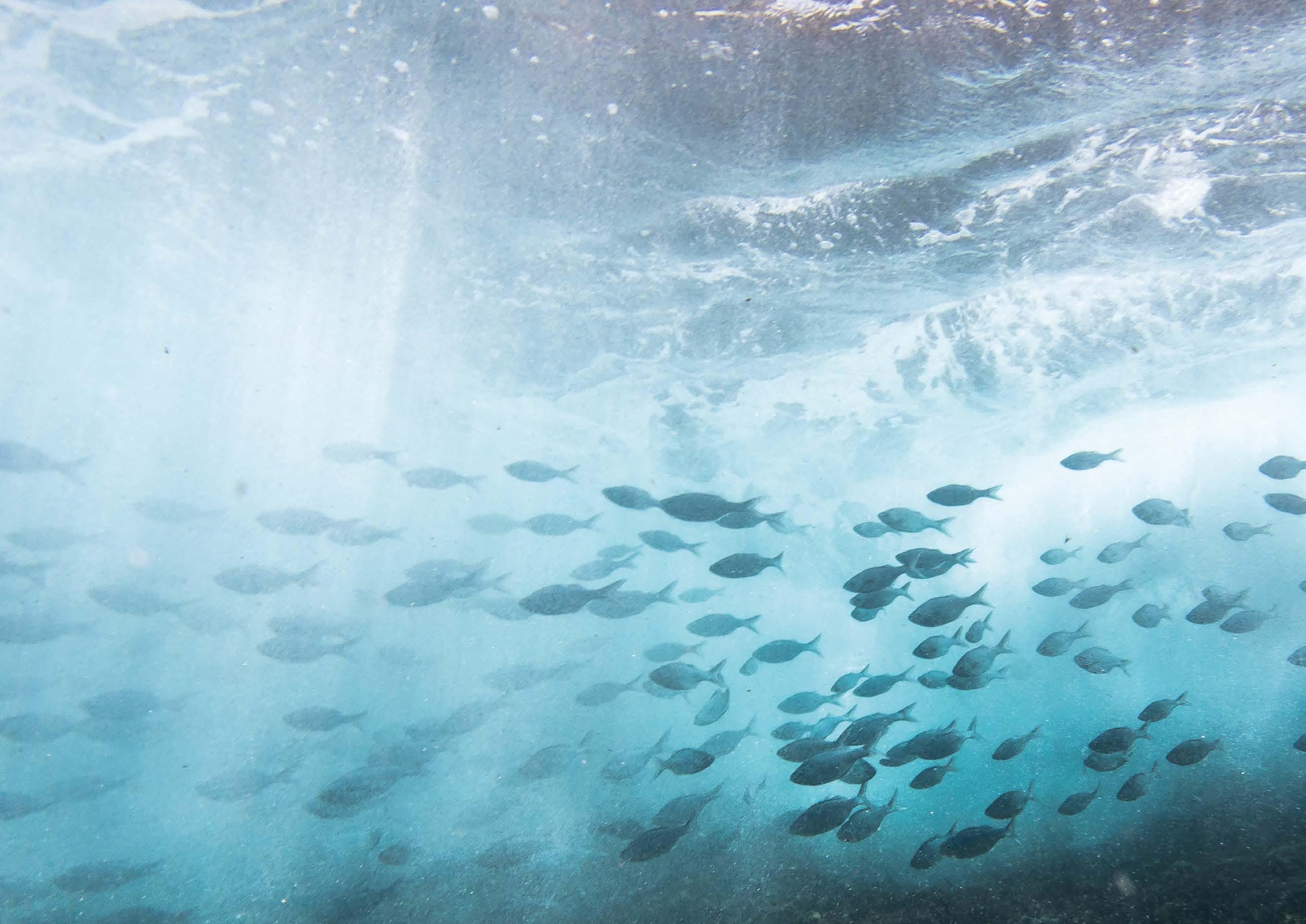
REPORT AUTHORS
Dan Crockett
Appin Williamson
Sophie Locke
Suneha Jagannathan
Jordan Sutherland
Hannah Le Brocq
Emily Norris
Blue Marine has four strategic pillars, which we believe to be the most effective way to achieve our mission.
A healthy ocean full of life.
To ensure the effective protection of at least 30 per cent of the ocean by 2030 and the sustainable management of the whole ocean.
Blue Marine Foundation seeks to protect and restore life in the ocean. We work in partnership with communities, local partners and governments to deliver marine conservation and restoration solutions to the climate and biodiversity crisis. We use targeted science, community engagement, media and legal campaigns, investigations, education and policy work to deliver marine conservation impact. We work collaboratively and strategically but without geographic restriction, responding to the needs of the marine environment.
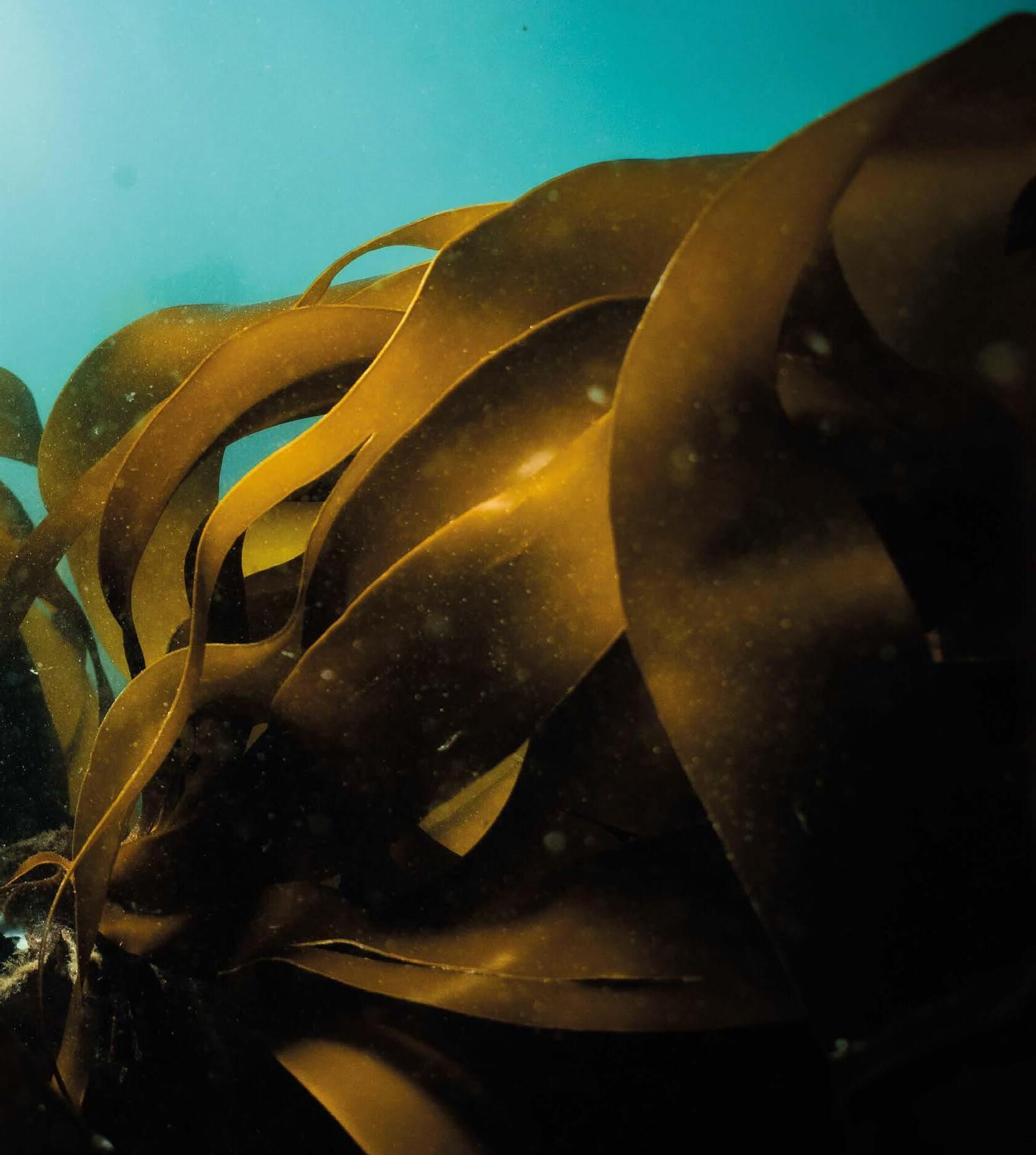
SECURING EFFECTIVE PROTECTION OF THE OCEAN TACKLING OVERFISHING, OVEREXPLOITATION AND OTHER DAMAGING ACTIVITIES
Through highlighting poor practice and developing solutions,
challenge harmful overfishing and over-extraction.
SUPPORTING LOW-IMPACT FISHING AND EQUITABLE USE OF THE SEA RESTORING
We support local sustainable fisheries, proving that low-impact fishing benefits marine life, local fishers and coastal communities.
Underpinning our work is the vital role of connection and community. By respecting and fostering a deep connection between local communities and their marine environments, we strive to build collaborative engagement and generate support for improved ocean stewardship.
We aim for our projects to benefit those who depend on them most, while building an increased sense of community ownership. Through this approach, we seek to pave a path of fair and equitable conservation that ensures all voices are heard.
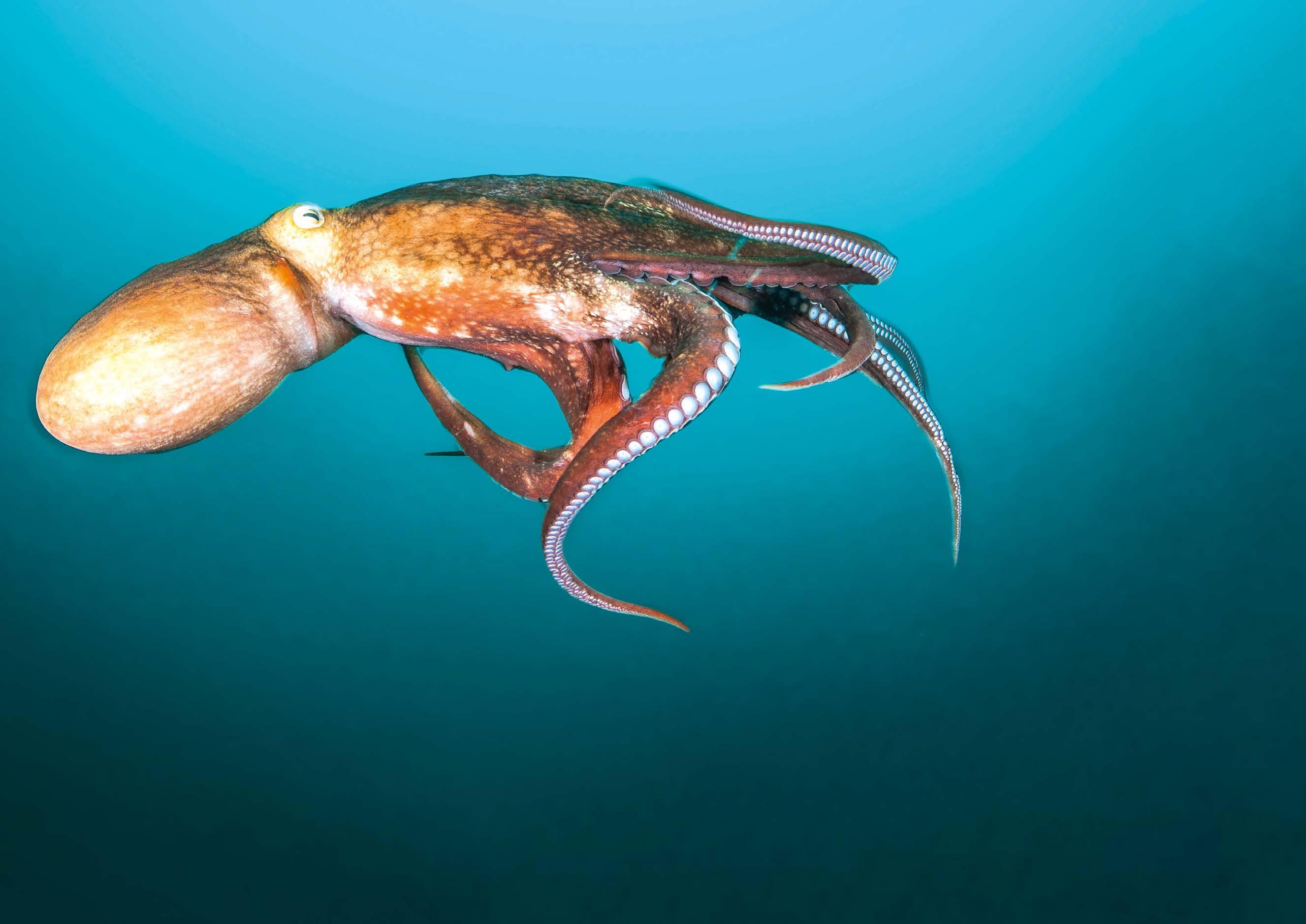
In 2004, the journalist Charles Clover wrote the seminal book on overfishing called The End of the Line. Charles, George Duffield and Chris Gorell Barnes went on to form part of the team that made and promoted the award-winning 2009 documentary feature film of the book, directed by Rupert Murray, The End of the Line. Its success drew global attention to the crisis in our oceans. In 2010 George and Chris had the idea of setting up a charity to try and solve some of the key challenges identified in the book and film and persuaded Charles to join them in founding Blue Marine Foundation. The idea of harnessing many different disciplines - journalism, media, political campaigning, science as well as marine conservation - was central to the culture of Blue Marine Foundation.
In the intervening 14 years, Blue Marine has grown and evolved considerably. It is now a team of 50 specialists, active in over 50 global conservation projects, collaborating with nearly 200 partners.
Our team now has considerable, highly specialised expertise including in the design, development and implementation of successful marine protected areas and marine ecosystem restoration projects. To deliver conservation impact we deploy combinations of internal conservation expertise in science, education, media, legal, investigations, economics and policy. This Impact Report demonstrates the extent of what this achieves for the marine environment.
Blue Marine’s work sits at the nexus of climate, biodiversity and human development. We work to protect and restore life, focusing on ecosystems that sequester carbon, boost biodiversity, and support local communities. We undertake rigorous and continuous assessment of our projects to ensure that our interventions have a substantial net positive impact on these ecosystems and communities. By investing in and supporting local leadership in our project locations, we facilitate
The idea of harnessing many different disciplines - journalism, media, political campaigning, science as well as marine conservation - was central to the culture of Blue Marine Foundation.
local stewardship of conservation efforts and ensure projects continue beyond our involvement. We assess the economic structure of our projects, where possible building in sustainable financing mechanisms. Each of our projects is assessed using a logframe, ensuring that projects not only hit their milestones, but that progress and impact can be captured and assessed. This formula is working, we grow consistently year on year.
Blue Marine’s governance has developed to match this growth. In March 2024, we recruited three new board members and a highly experienced external board adviser. Our CEO, half our board, many of our executive team and broader team are now women. We are committed to EDI in the workplace, engaging a Head of People and Culture to support this internally. We have also established an EDI committee, with representatives from throughout the organisation, to ensure diverse voices are heard. Our Code of Conduct governs our approach to each other and our partners, we are united around a set
of shared values that are scrupulously upheld. We are always sensitive in where we intervene, how we conduct our work and how we collaborate to achieve conservation impact.
To reach 30 per cent effective protection by 2030, a huge number of new marine protected areas are required. This includes high seas marine protected areas and transboundary initiatives that support the recovery of mobile species. Building on the skills and experience that we have developed in the United Kingdom and UK Overseas Territories, Blue Marine seeks to play a catalytic role in achieving this target. Moreover, we will deploy our highly specialised team to confront some of the most destructive and insidious threats to sustainable management. Our multi-dimensional theory of change has proven to be effective in achieving measurable conservation gains (see our Impact Report). We seek to continue growing our impact on an annual basis, while remaining lean and effective.
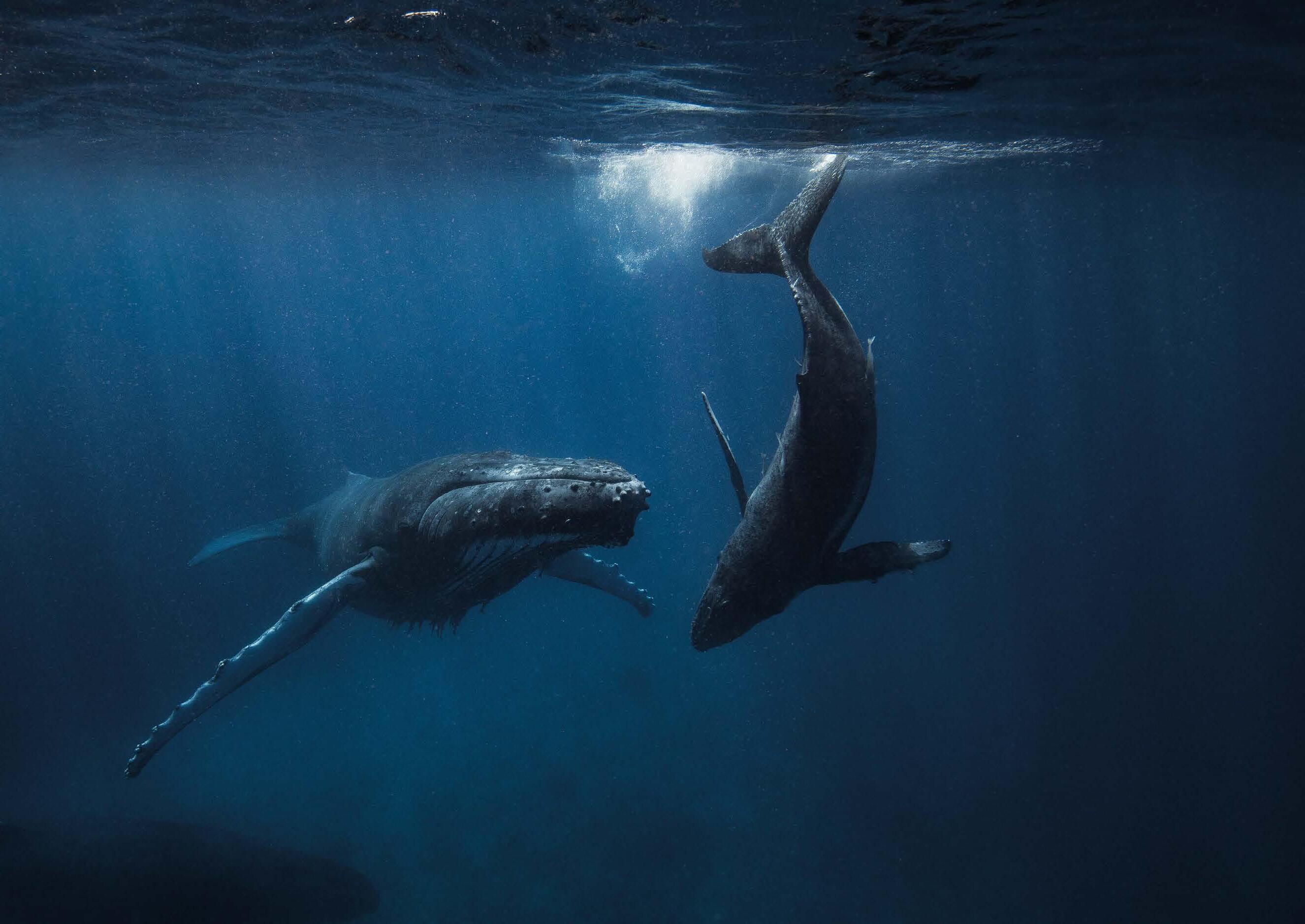
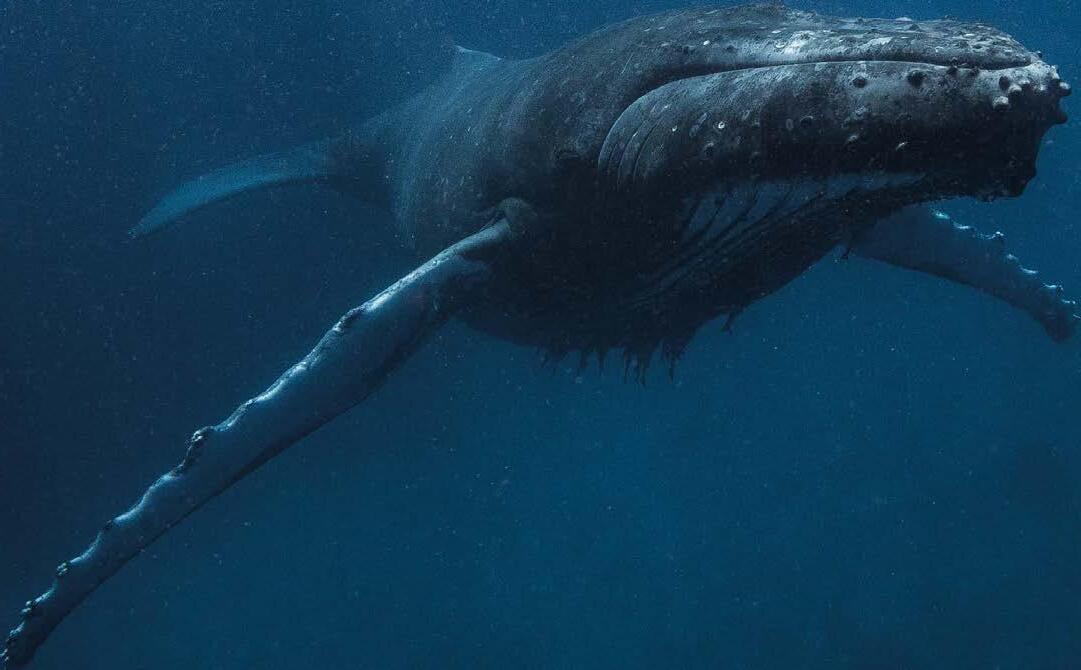
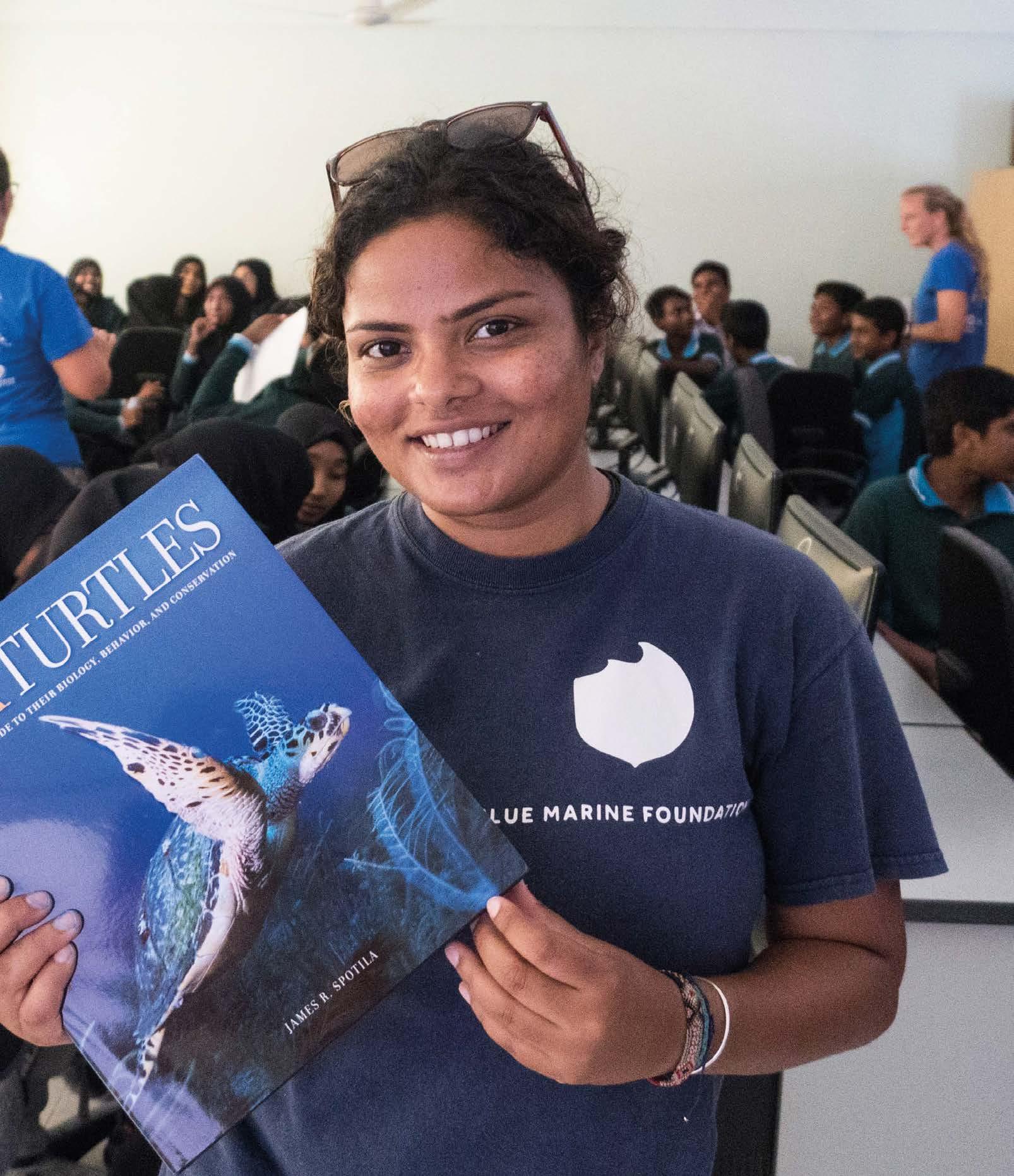
Words of impact, directly from our global project partners and stakeholders
Director, Maldives Resilient Reefs
“Blue Marine has supported me since 2016 to improve marine protection in Maldives. I initially joined as a Project Assistant for a grouper fishery conservation project, but since then, we have worked together on multiple projects which have all been very successful and impactful. Blue Marine has also helped me to setup a Maldivian NGO with the intention of leaving a lasting legacy in Maldives. This NGO is now one of the most reputable environment NGOs in the Maldives... Blue Marine appreciates my local knowledge and has invested in my and my team’s careers. They always listen and provide timely support... We couldn’t have achieved what we have achieved so far without Blue Marine’s support.”
Livelihood Support Officer, Marine and Coastal Conservation, Namibia Nature Foundation
“Working with Blue Marine Foundation on the Strengthening Namibia’s Island Marine Protected Area (NIMPA+) Project has been an incredible journey... We have faced challenges and celebrated successes as a united team. Blue Marine brought passion, dedication, and a unique view, making this project a great experience. I am grateful for the partnership we share and the remarkable outcomes we’ve achieved together.”
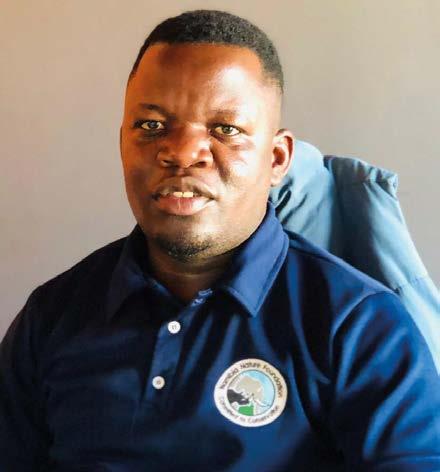
Scientists have agreed that we must place at least 30 per cent of the ocean under meaningful protection by 2030 to conserve marine biodiversity, avoid runaway climate change, protect ocean climate functions and ensure food security. This was incorporated into international policy in Montreal in 2022, with the adoption of a Global Biodiversity Framework.
Expanding upon this, we also campaign for 10 per cent of the ocean to be under full protection, a level which can offer the most rapid rate of recovery. Despite these targets, currently only 8 per cent of the global ocean is under some form of protection and only 3 per cent is fully protected. It is vital that we rapidly scale up our efforts to achieve these targets. Fortunately, when properly protected from harm, ocean life has a remarkable ability to spring back. We work closely with governments, local communities and NGOs to identify and implement new marine protected areas (MPAs) and ensure existing designations are truly effective.
We work in crowded yet vibrant coastal waters out to the vast high seas that lie beyond national jurisdiction, which cover a staggering two thirds of the ocean. We ensure that designations are underpinned by effective management plans, appropriate enforcement and sustainable finance mechanisms.
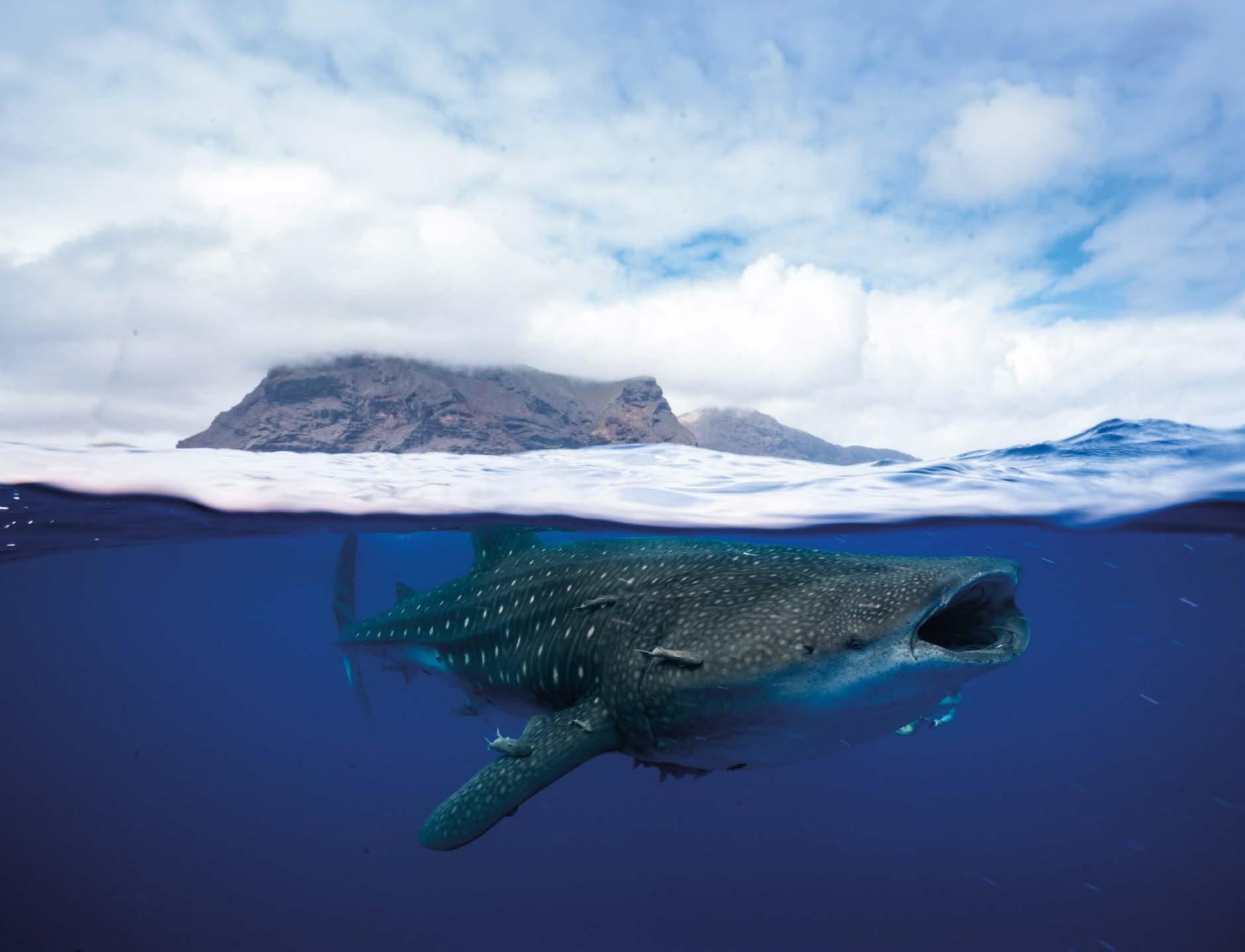
We encourage all countries we work in to adopt the 30x30 target, while also working to achieve this figure at a global scale. It is crucial that the establishment of MPAs is an attainable and practical option for coastal and island communities. It is vital that the journey to 30x30 is an equitable and just one.

Contribute towards achieving at least 30 per cent of the ocean under effective protection by 2030
Contribute to achieving full protection for at least 10 per cent of the ocean
Ensure MPAs are effectively managed and enforced to deliver ecosystem protection and recovery
Protect the high seas through the creation of MPAs
Protect rare and vulnerable species and critical habitats
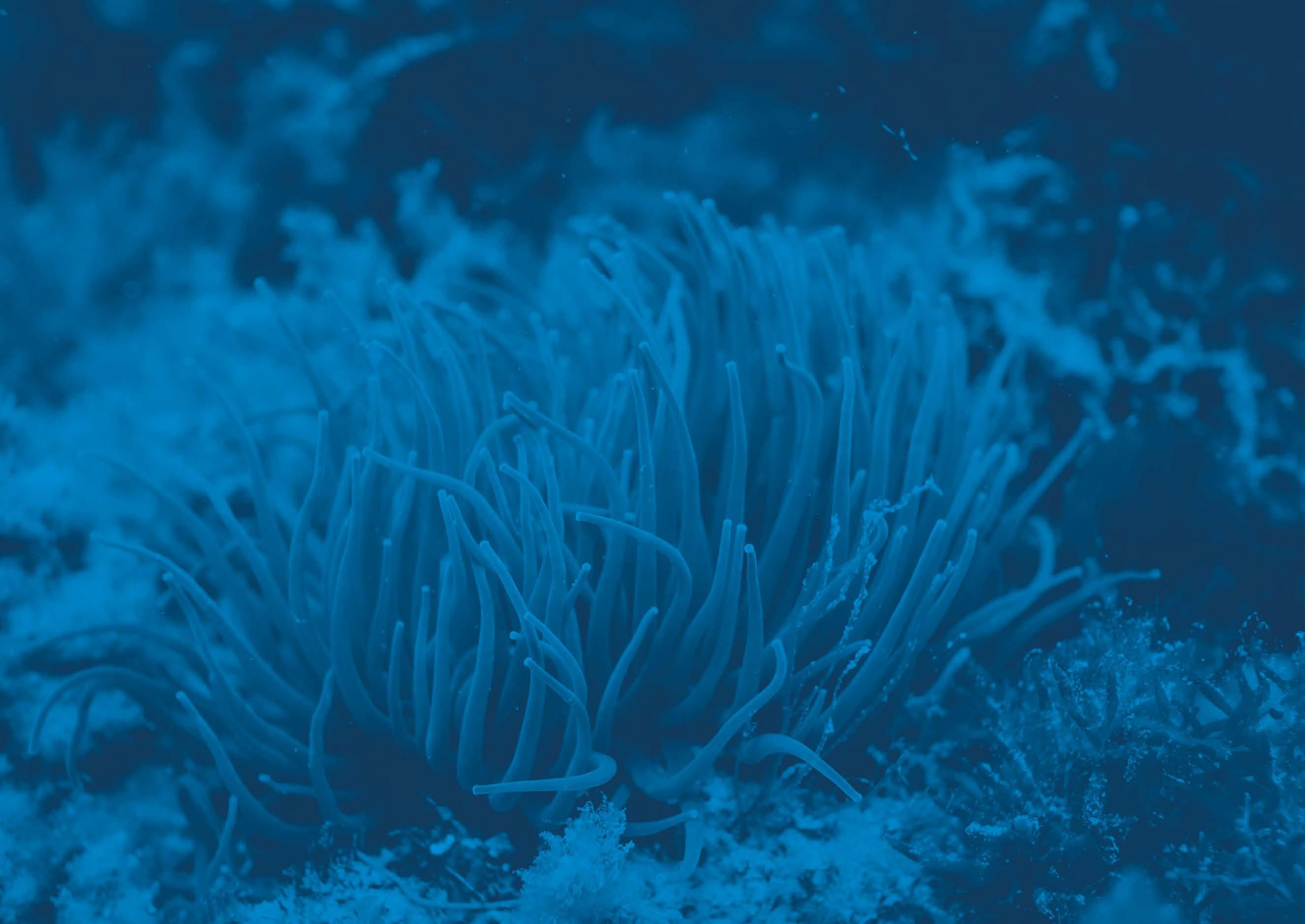
In the Maldives, Blue Marine established local NGO Maldives Resilient Reefs, which aims to rebuild climate resilient reefs for nature and people. In 2021, this work supported the creation of six MPAs on Laamu Atoll, protecting vital grouper and Napoleon wrasse spawning sites and a manta ray cleaning station. Alongside this achievement, Blue Marine led a campaign that halted the lifting of a ten-year shark fishing moratorium helping to protect this crucial species that plays a key role in supporting a healthy ecosystem.
Closer to home, in 2019 we supported fishers, divers and NGOs in highlighting a newly discovered egg-laying site of the critically endangered flapper skate in the Sound of Skye, Scotland. In March 2020, the government announced a 12-month emergency MPA (Red Rocks and Longay) to protect it, followed two years later by the announcement of a permanent closure. This discovery and designation will be crucial to sustaining the population of this magnificent species.
In 2023, Blue Marine, among a collection of NGOs, launched a targeted campaign to protect UK offshore MPAs. This included the threat of legal action and secured the closure of 13,416 sq km to bottom-towed fishing across four MPAs. Since this closure, data has shown a 98 per cent decrease in bottom-towed fishing activity, with work underway to monitor changes in biodiversity.
Across the English Channel, our work in Jersey in the Channel Islands aims at creating a marine park to safeguard at least 30 per cent of Jersey’s waters for low-impact fishing methods such as potting, rod and line and hand diving. In autumn of 2023, the Jersey Minister for the Environment announced his intention to create this marine park, helping to protect a myriad of essential habitats
-
As a key member of the Great Blue Oceans coalition, we worked in partnership with other environmental NGOs to ensure that commitments to establish marine protected areas around UK overseas territories were realised. The media campaign on behalf of our broad coalition which solidified cross-party support for the Blue Belt was led by Blue Marine.
20 MPA s
11 OF WHICH ARE HIGHLY PROTECTED, COVERING OVER 2.5M WITH OVER 3 MILLION SQ KM OF OCEAN PROTECTED ACROSS OVER
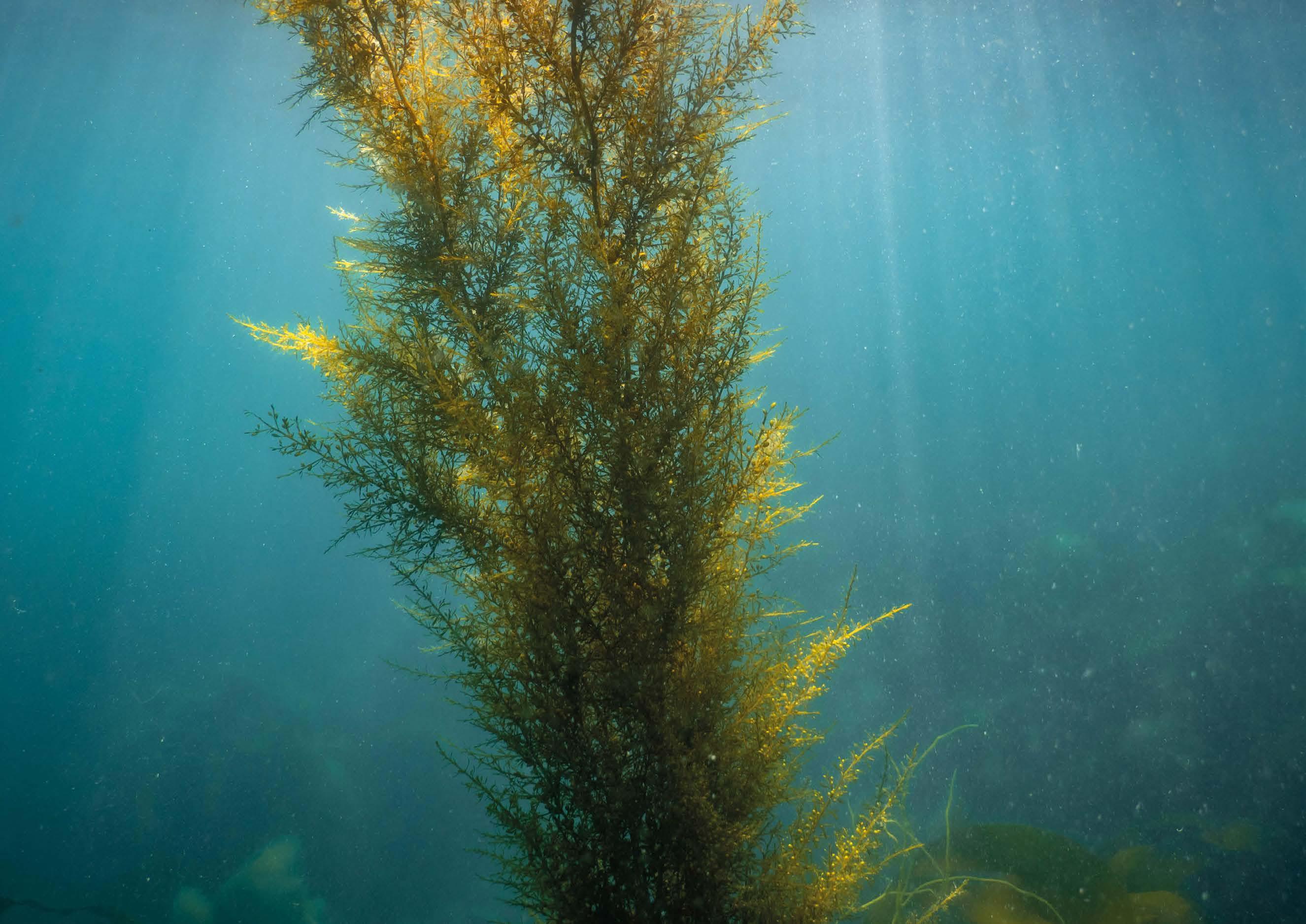
10
SIGNIFICANT POLICY AND MANAGEMENT WINS, INCLUDING:
6
NEW FULLY PROTECTED AREAS UNDERWAY IN GREECE
6
£2,000,000 SECURED TO SUPPORT ASCENSION ISLAND’S
445,000
600
PROTECTED FOR THE ENDANGERED FLAPPER SKATE IN SCOTLAND
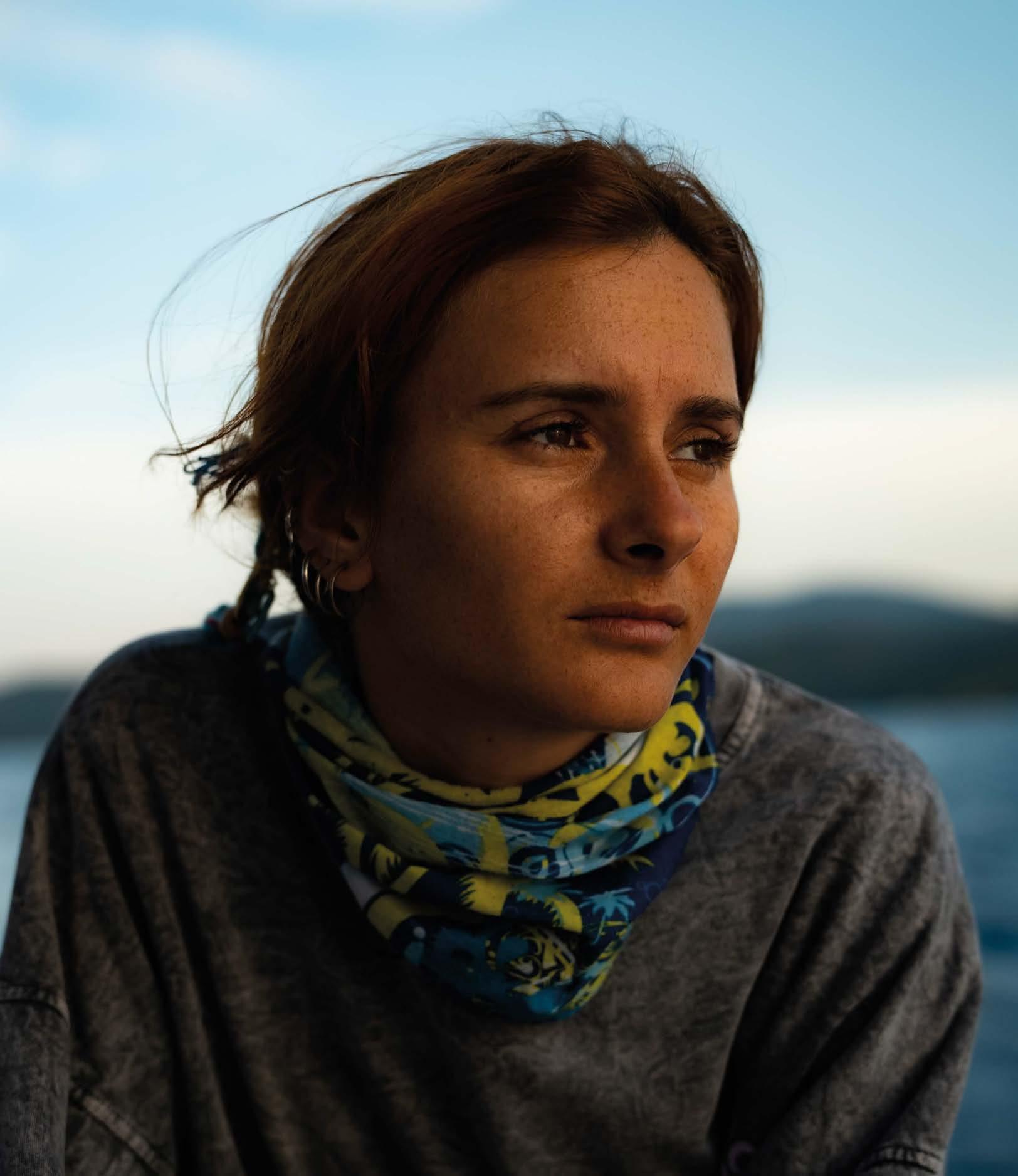
Fisher turned Ranger, Turkey
“When I met Blue Marine, I was still fishing and collecting fishing data for the Mediterranean Conservation Society… For the first time, I was talking about how difficult this job, fishing, could be for a woman. Of course, I didn’t know then that I would start working as a marine ranger in the organisation. Afterwards, of course, as it is known, I started working in the association as a marine ranger. I not only met Blue Marine, I started working with them…
My whole life has changed, from the house I live in, to the job I do. While fishing, I suddenly started protecting. And after I started working, I realised that conservation efforts work. I had the opportunity to see endangered species in protected areas... Words are not enough to describe the pleasure this gives”
Director of Conservation - Sussex Wildlife Trust, Sussex Kelp Recovery Project
“Having the experience, knowledge and contacts of Blue Marine for our local initiative was a game changer and as partners started to coalesce in the Help Our Kelp partnership Blue Marine continued to amplify our work, and also help us appreciate that what was happening in Sussex was nationally significant.
Several years in we are now the Sussex Kelp Recovery Project. Blue Marine is still with us, shoulder to shoulder on our rollercoaster journey of marine recovery. They have been an organisation that has shown consistency, professionalism and creativity. Working in partnership can be complex – it is easy for organisations to step on each other’s toes – But Blue have done nothing but add value to our local work.”
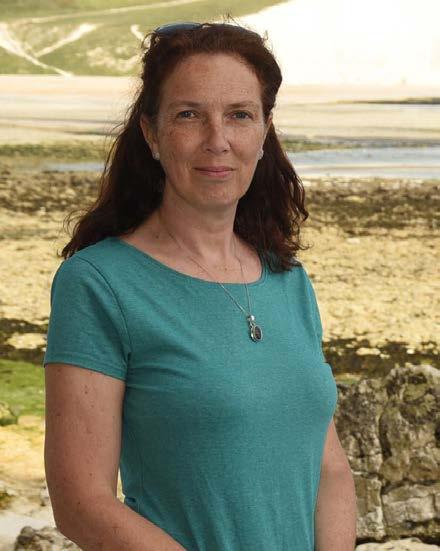
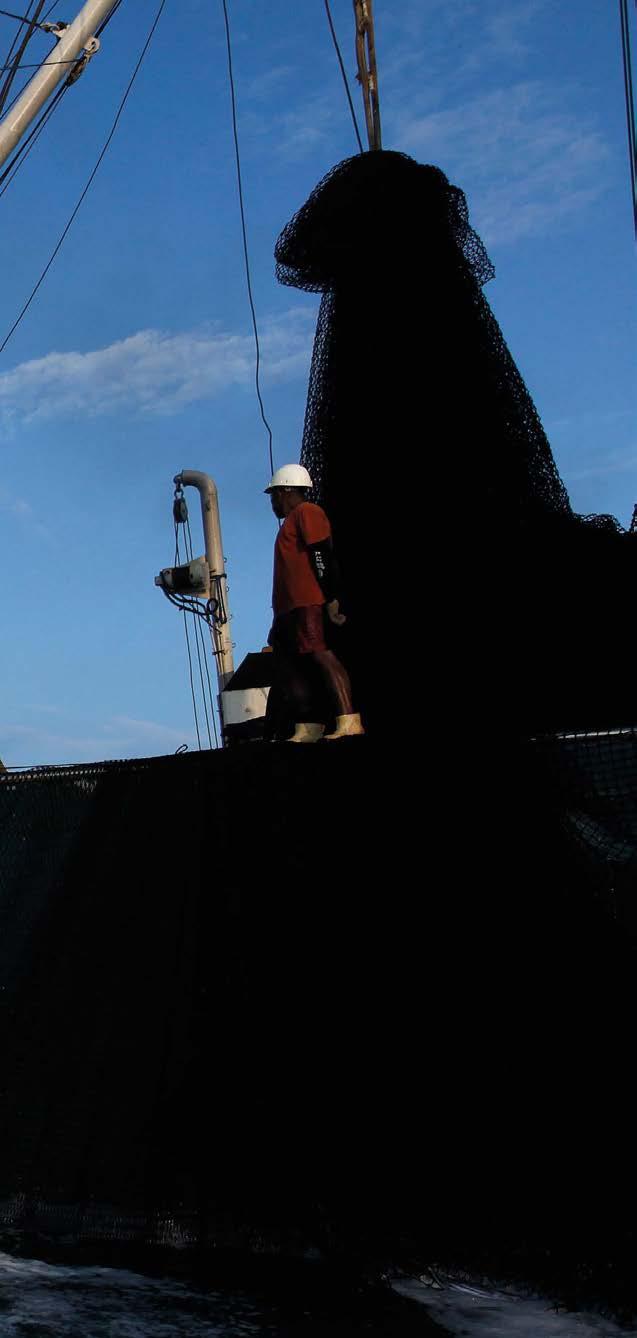
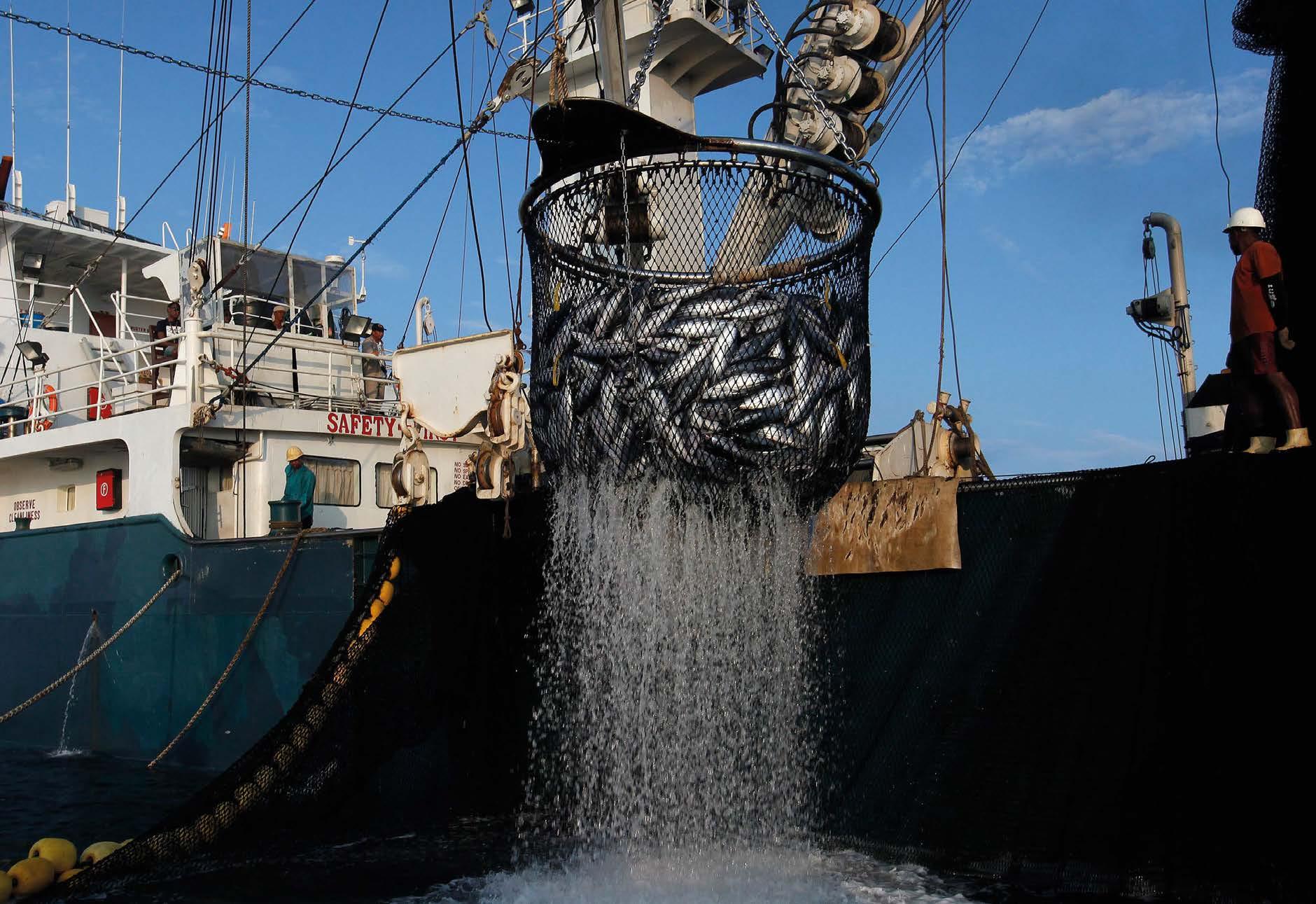
Over a third of the world’s fisheries are over-exploited, depleted or in a state of collapse.
Over one third of marine mammals and nearly one third of sharks are threatened.
Certain marine activities, including select forms of fishing, have a disproportionately damaging impact on the marine environment and significantly impact ocean health. When considering the additional impact of climate change, there has never been a more critical time to tackle activities that over-exploit or destroy marine biodiversity.
Blue Marine is focused on reducing unsustainable industrial and indiscriminate fishing, as well as illegal, unreported and unregulated fishing. We aim to see fishing activity set to scientific advice, and
strive to hold decision makers to account over unsustainable quotas. We do this through engaging with governments, policy interventions, and legal, media and investigative campaigns. We meticulously investigate infringements of marine regulations and assess maritime law effectiveness. With the looming threat of destructive or poorly regulated new activities such as deep-sea mining, and poorly regulated marine developments, we shine a spotlight on sectors that can have a profound negative impact on our oceans.
Reduce the prevalence of the most destructive and excessive forms of fishing
Ensure fishing does not exceed scientifically recommended levels
Combat poor and ineffective marine policy and regulation
Ensure that existing and new activities operating in the marine space do not negatively impact nature
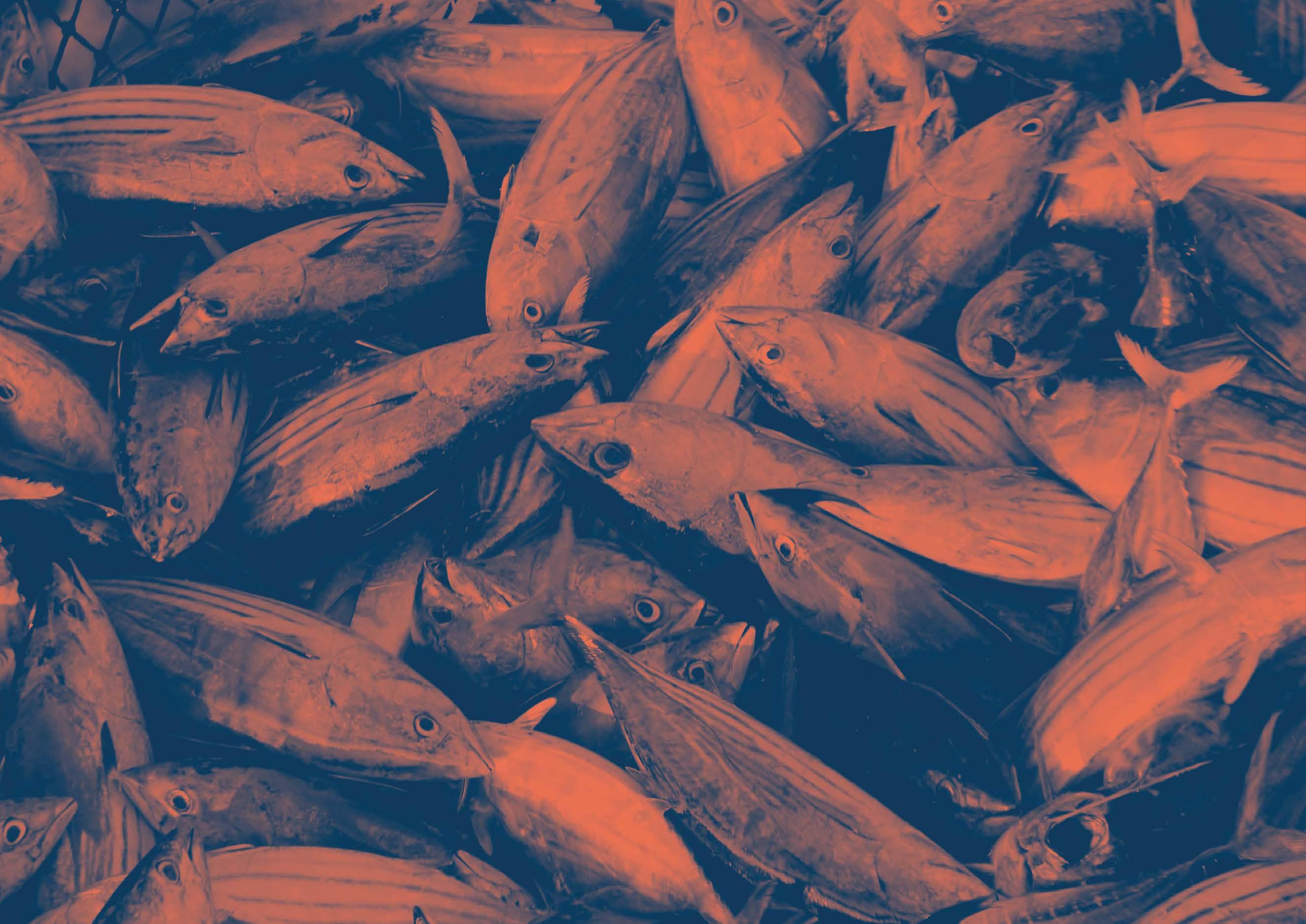
In 2018, Blue Marine and French NGO Bloom joined forces to campaign against the use of damaging electric pulse fishing in European waters. Following an awareness-raising campaign, #StopElectricFishing, and a complaint lodged with the European Commission, the UK Government announced an immediate ban of all electric pulse fishing in UK waters in 2021. Following this, the European Parliament’s Committee on Fisheries voted to ban electric pulse fishing in EU waters, coming into effect in mid-2021.
Blue Marine has been working to expose the ongoing misuse of mandatory Automatic Identification Systems (AIS) by fishing vessels that routinely switch these off for prolonged periods (often referred to as ‘going dark’). For three years, we have been collecting data with partners OceanMind on the misuse of AIS by French and Spanish-owned fishing vessels on the high seas. In 2023 we released reports showing that many of the largest distant-water vessels went dark for more than a month at a time, with one vessel going dark for more than three months straight. We also released a landmark, peer-reviewed legal paper highlighting the illegality of this behaviour. Together with partners BLOOM, we filed a complaint with the Paris Judicial Court against French tropical tuna fishing vessels going dark in the Indian and Atlantic oceans. The legal paper also found that insurers have an important role to play in curbing this type of illegal activity. After discovering that many of the worst offending vessels are insured in London, by just three insurers, we tried to work with these insurers to address the ‘dark’ vessels. Finding this to be unsuccessful, we have changed tack and submitted complaints to the Financial Conduct Authority and the Prudential Regulatory Authority – the regulators of the UK insurance industry. Blue Marine continues to push the insurance industry to take seriously the threats posed by vessels going dark for months at a time with no consequences.
REPORTS
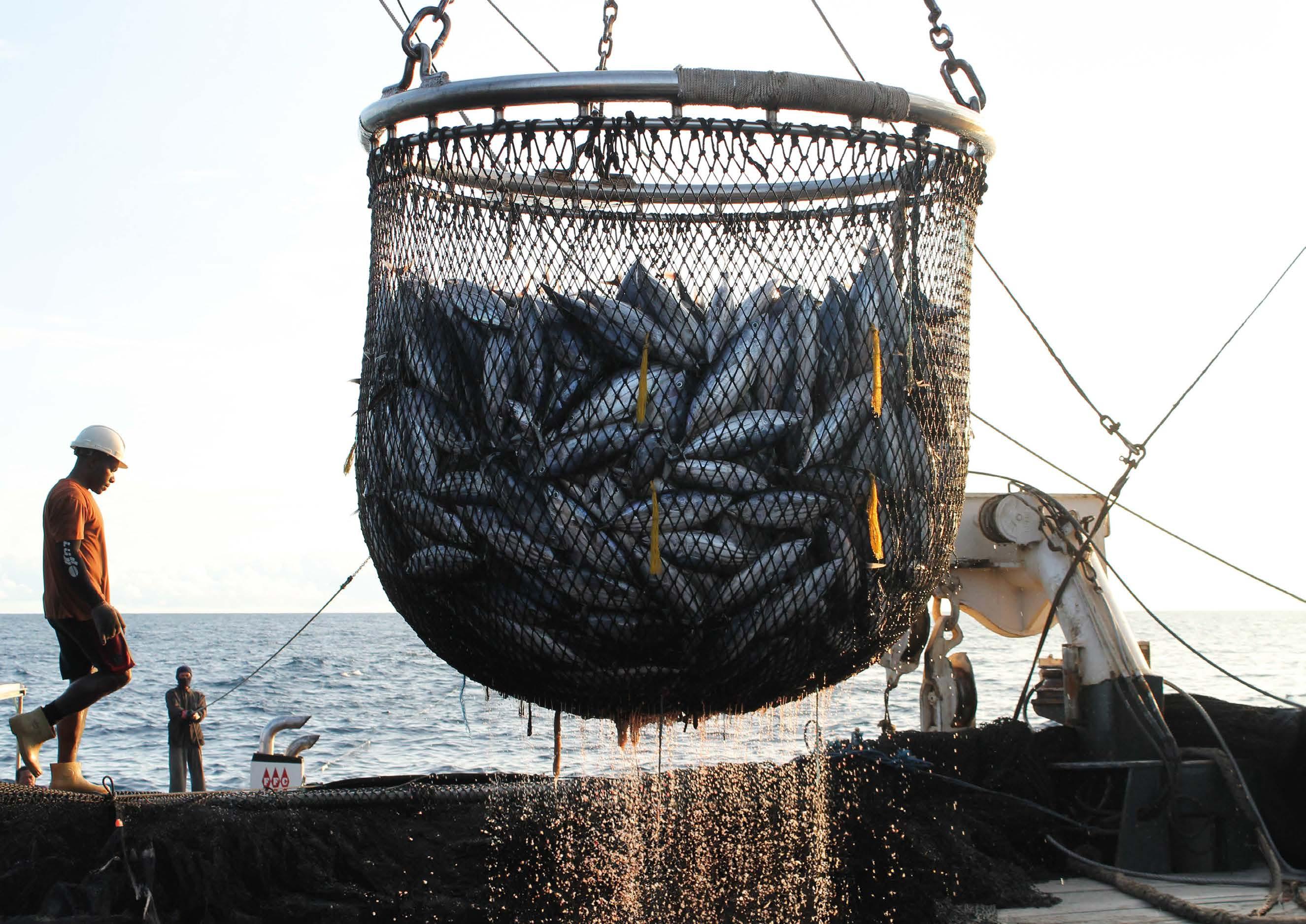
LEGAL OR FORMAL CHALLENGES AND COMPLAINTS LODGED WITH GOVERNMENTAL AND REGULATORY BODIES
9 CHANGES MADE TO POLICIES, PRACTICES OR MANAGEMENT PLANS AROUND THE WORLD
Marine
Biologist
, Love our Oceans (Mozambique)
“Collaborating with the Blue Marine Foundation has been a truly enriching experience and a great partnership. Blue Marine consistently engages with us, checking in on our progress and offering support to help establish our region as a Marine Protected Area... Specifically, women in our oyster and mussels farm have benefited, as Blue Marine empowers them to excel in various aspects of ocean activities. This empowerment extends to capacity building, creating alternative livelihoods and fostering skills development... This engagement demonstrates Blue Marine’s commitment to thoroughly understanding the needs, challenges, and cultural nuances of our community. We are enthusiastic about continuing this partnership with Blue Marine, working together to strengthen our efforts in protecting endangered species and preserving local biodiversity in our ecologically unique and significant region.”
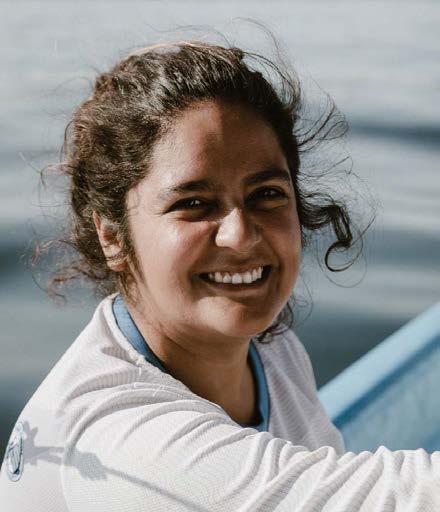
Scientific Coordinator, ORGCAS, Mexico
“Our collaboration with Blue Marine Foundation has been a transformative journey in the realm of shark conservation. The support of BMF was critical to our establishment and constitution as a non-profit… our relationship with Blue Marine is characterized by shared values and a collective commitment to support coastal communities and the creation of knowledge that will support the creation of a new MPA. Working together has exceeded expectations, offering a collaborative environment where passion meets purpose. The impact on ORGCAS project goals has been substantial, with the non-profit’s expertise and support amplifying the reach and effectiveness of our initiatives, ultimately contributing to meaningful strides in marine conservation.”
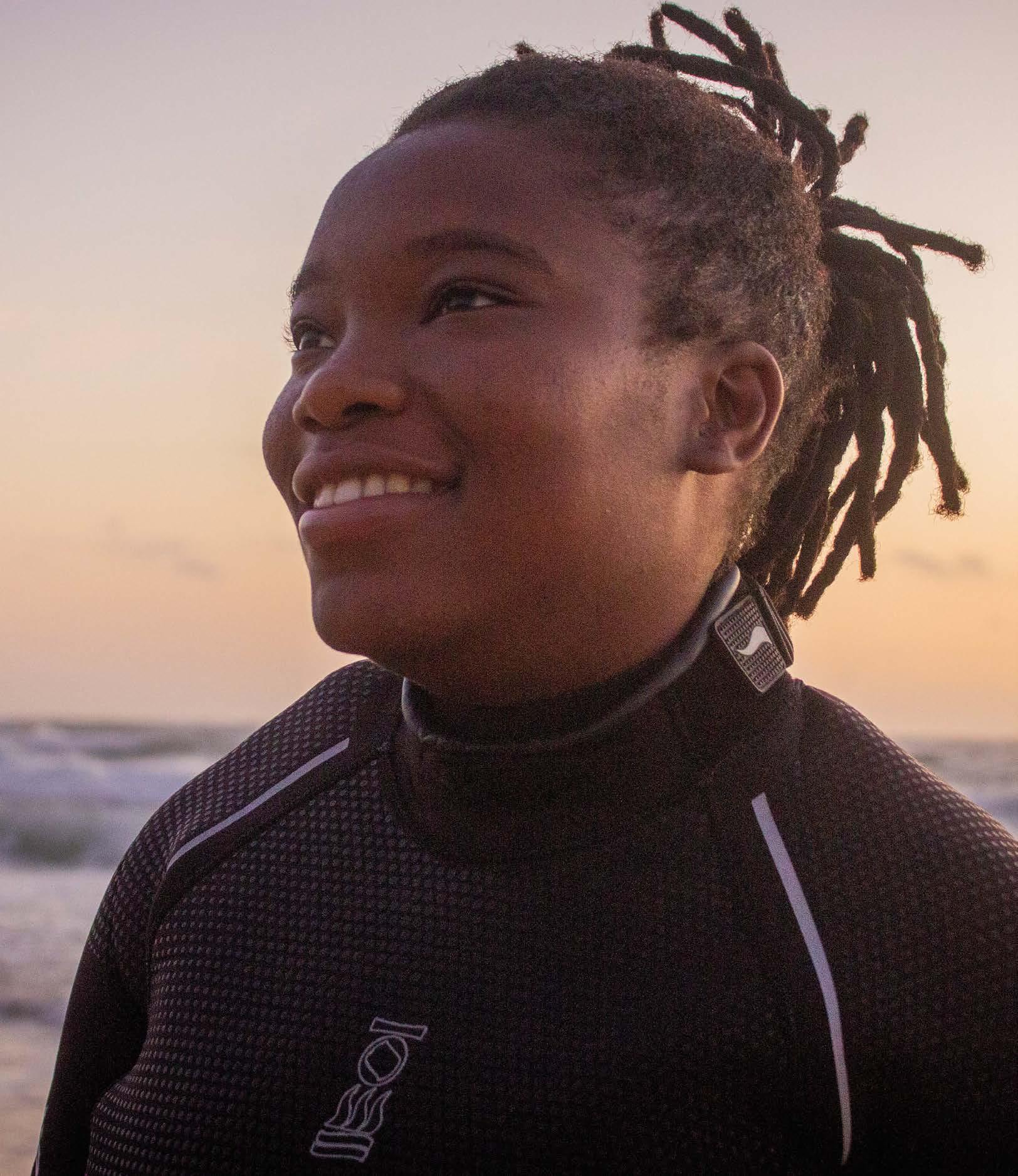
Fishing has been a historic and integral part of life for billions of people around the world for millennia. In some regions, it is the main source of protein or income, with few alternative options available. We know that protecting the ocean, and the life within it, can safeguard vulnerable coastal communities around the world.
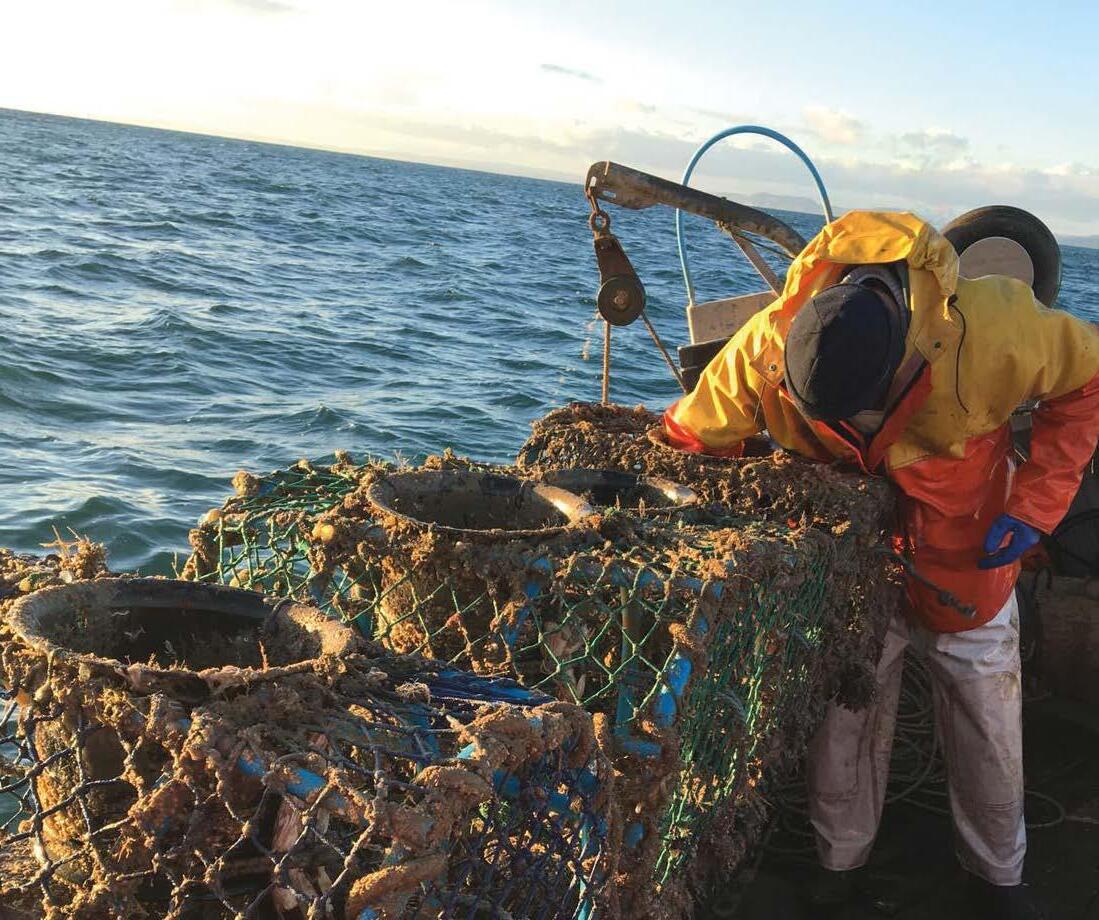
As such, it is essential that there is collaborative management of protected areas where sustainable, low-impact fishing is permitted and support is provided for a just transition away from damaging forms of fishing.
Blue Marine aims to showcase how low-impact fishing can benefit biodiversity, local fishers and coastal communities. To achieve this, we develop collaborative models of sustainable fishing co-designed with local communities. We also work to diversify local fisheries
by promoting more sustainable practices, while ensuring other activities (such as tourism and recreational fishing) adopt a low-impact approach.
Underpinning this is our work to ensure that ocean resources are fairly distributed to coastal communities. This is done by addressing harmful subsidies and unfair distribution; and also by deploying financing mechanisms that can support marine users and the government through transitionary periods.

Support
Ensure
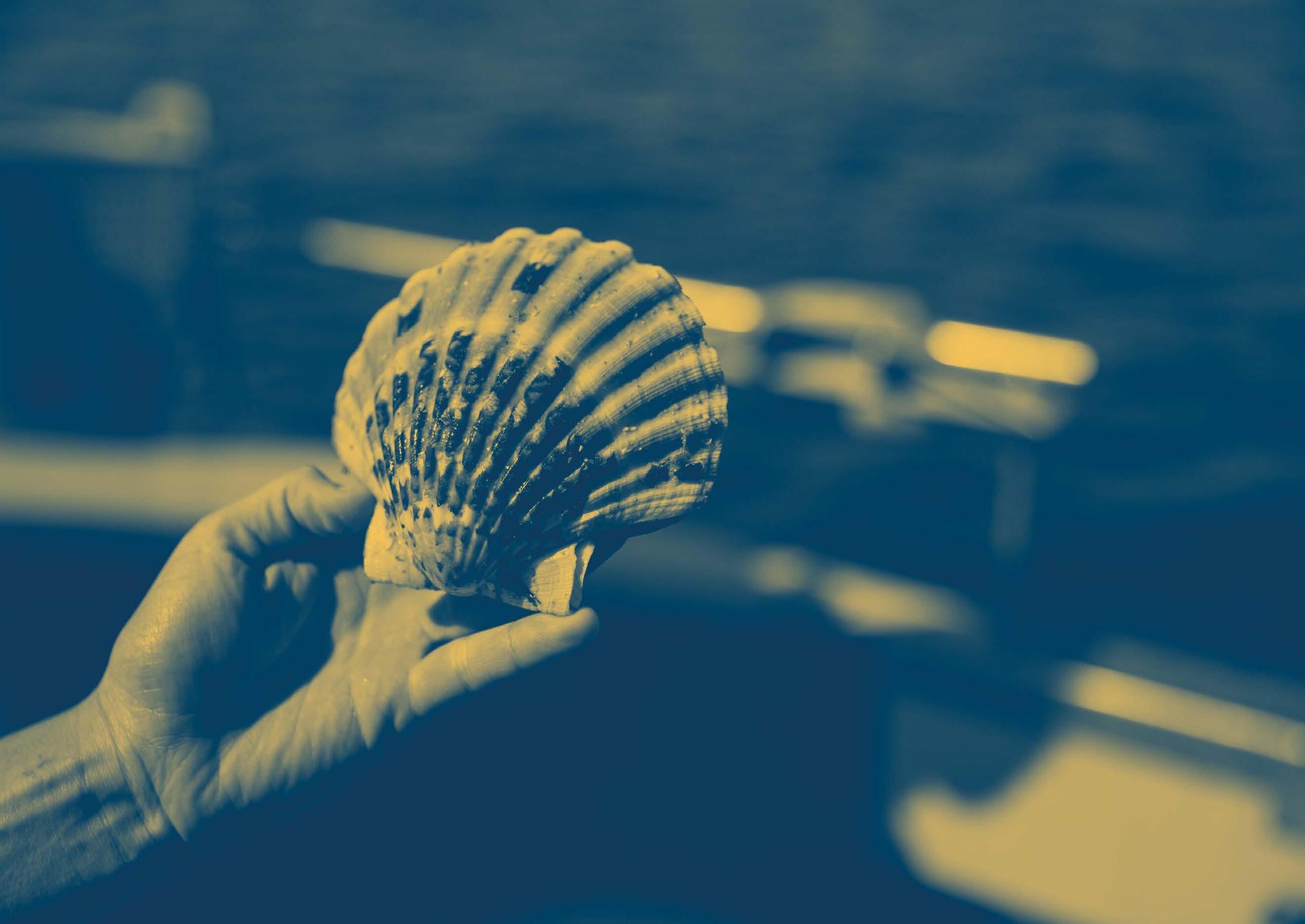
In 2011, Blue Marine worked with partners to start a flagship model of conservation and sustainable fishing hailed as a ‘world first’. The Lyme Bay Reserve project was an initiative to help protect the Reserve’s precious habitats and fish stocks as well as the future of inshore, low-impact fishermen. Years of damage by bottomtowed fishing gear had been decimating the area’s marine life, until designation of the Lyme Bay Reserve in 2008. After closure of the area and the subsequent creation of the Lyme Bay Reserve, covering 206 sq km, annual monitoring has recorded a remarkable recovery. Within six years, the Reserve supported seven times more scallops, 4.5 times more juvenile lobsters and an 84 per cent increase in species compared to the surrounding area. Further to this, fishermen involved in the Reserve reported increased job and income satisfaction. Long-term monitoring helped to prove that small-scale inshore fisheries can work in harmony with conservation targets, as well as showing that protected areas boost climate resilience of important marine habitats.
In 2014, Blue Marine shone a spotlight on failing sea bass populations around the UK and questioned the legality of over-fishing under European law at a time when the stock was in freefall. This work underpinned a campaign which eventually saw EU-wide measures introduced to protect it. While stock recovery takes time and is fraught with instability when a stock has been so heavily depleted, monitoring shows tentative signs of the beginnings of a recovery.
While some legislative projects call for a top-down approach, Blue Marine also focusses on bottom-up community initiatives. These range from programs helping consumers to choose their seafood wisely in an often-confusing market, know where the food on their plate has come from, and differentiate between the methods caught. To date this has included:
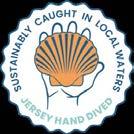
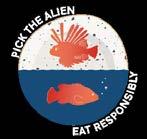
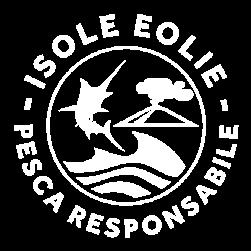
The Reserve Seafood label in Lyme Bay, developed in 2014 to market low-impact, sustainable seafood caught within the Lyme Bay Reserve.
Jersey Hand Dived, a label helping consumers to identify how their scallops have been caught and learn about the diver putting food on their plate.
Another Jersey initiative, Jersea helping to inform which species are in season and caught using responsible methods, connecting Islanders to both fishers and fishmongers.
Pick the Alien in Greece, which targets invasive species as new culinary options through gastronomic events, citizen science and fishing competitions.
The Italian Qui Si Serve Pesce Locale (‘local fish is served here’) initiative, which promotes local fish consumption from the local fishery. Guaranteeing freshness, sustainability and provenance and supporting fishers who choose to operate using low-impact methods.
NEW REPORTS, PAPERS AND CONSULTATIONS TO SUPPORT SUSTAINABLE FISHERIES MANAGEMENT
IMPROVEMENTS TO PRACTICES THROUGH CODES OF CONDUCT, IMPROVED POLICY AND MANAGEMENT MEASURES

SUSTAINABLE SEAFOOD INITIATIVES LAUNCHED PROMOTING LOWER IMPACT FORMS OF FISHING AND CONNECTING COMMUNITIES TO THEIR LOCAL FISHERS
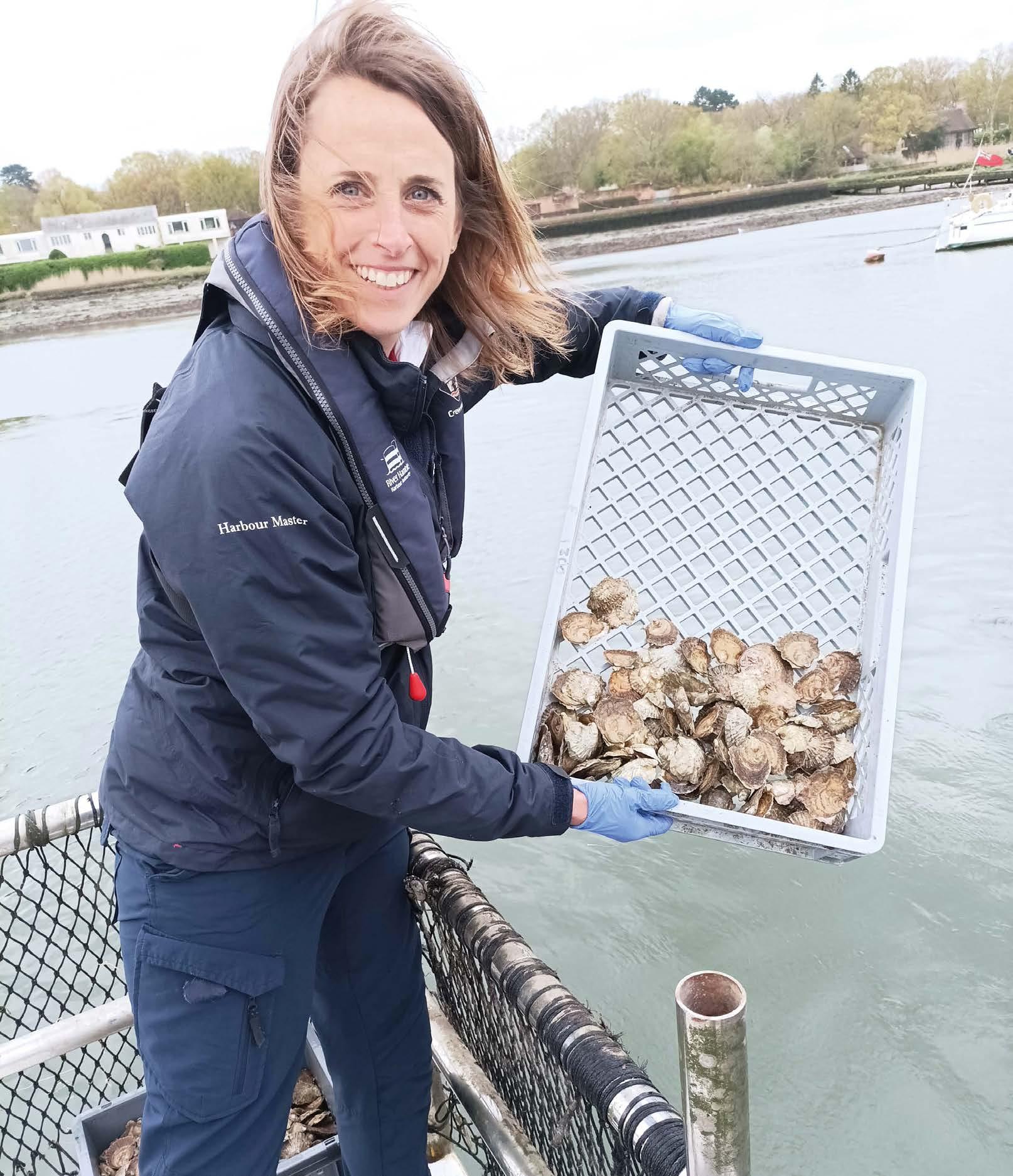
Environment & Development Manager, River Hamble Harbour Authority
“My experience of working with the team at Blue Marine has been one of true partnership. Key to achieving successful delivery of the oyster restoration work has been Blue’s adaptability and willingness to not only listen to but also take on technical and practical advice from external sources and adapt accordingly. I have found the team knowledgeable and engaging, with an ambitious vision and a can-do attitude. Habitat creation is challenging, and it takes creative thinking, research, hard work and good partnerships, but it’s all worth it when you see it become a reality.
The excellent quality of Blue Marine’s film production and public messaging has helped provide a captivating means for us to educate and inform our own customer base about some of the environmentally beneficial work that is done here by The River Hamble Harbour Authority, part of Hampshire County Council. All of our time and effort has been given ‘in kind’ to help encourage and ensure environmental benefits occur here to benefit the Hamble Estuary itself and those that enjoy using it”.
Wild Oysters Volunteer, Conwy Bay
“I started volunteering with Wild Oysters Project as I thought its mission to improve native oyster numbers and by default, the marine environment worthwhile. I did not however, expect it to have such a significant impact on me as a person. Not only did it add to my knowledge and understanding of our environment. It also provided me with vital skills and hands on experience, giving me the abilities and confidence to complete a career change into Ecology. Hopefully one day I’ll be able to work alongside this great bunch of people!”
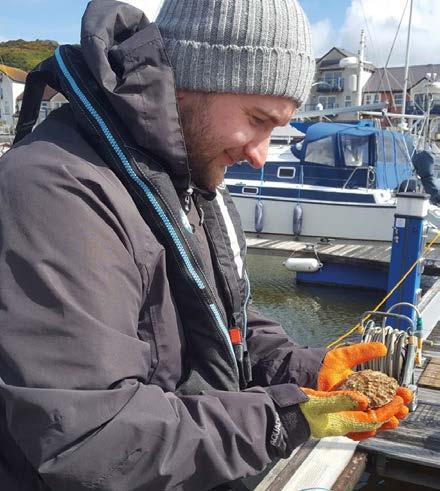
Plymouth Marine Laboratory
“Working with Blue has allowed us to bring our blue carbon research to a much wider audience, engaging more directly with civil society and with the private sector. Our partnership, researching kelp blue carbon in Orkney, is helping us raise the profile of these fundamental biodiversity habitats, and help understand how effective conservation mechanisms could also help protect their role in the mediation of the ocean carbon cycle, and as key allies in the fight against climate change.”
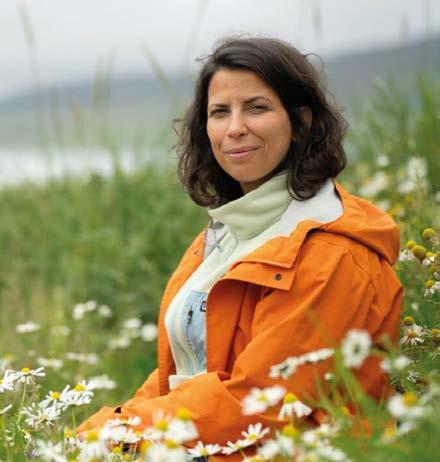
Each year, up to 980,000 hectares of blue carbon ecosystems are lost around the world. In the UK alone, we have lost 85 per cent of saltmarsh habitat, 92 per cent of seagrass beds and 95 per cent of native oyster beds. For some species, we must actively restore what has been destroyed.
Blue Marine works around the world to identify areas that have been heavily degraded and are beyond natural regeneration. Here, we carry out active restoration to return ecosystems to their natural, thriving states. We have conducted restoration both at local and seascape scale, enabling the recovery of critical species and habitats. Built into our restoration work is consideration of sustainable financing mechanisms to ensure project longevity, as well as community engagement and ownership. In some areas, such
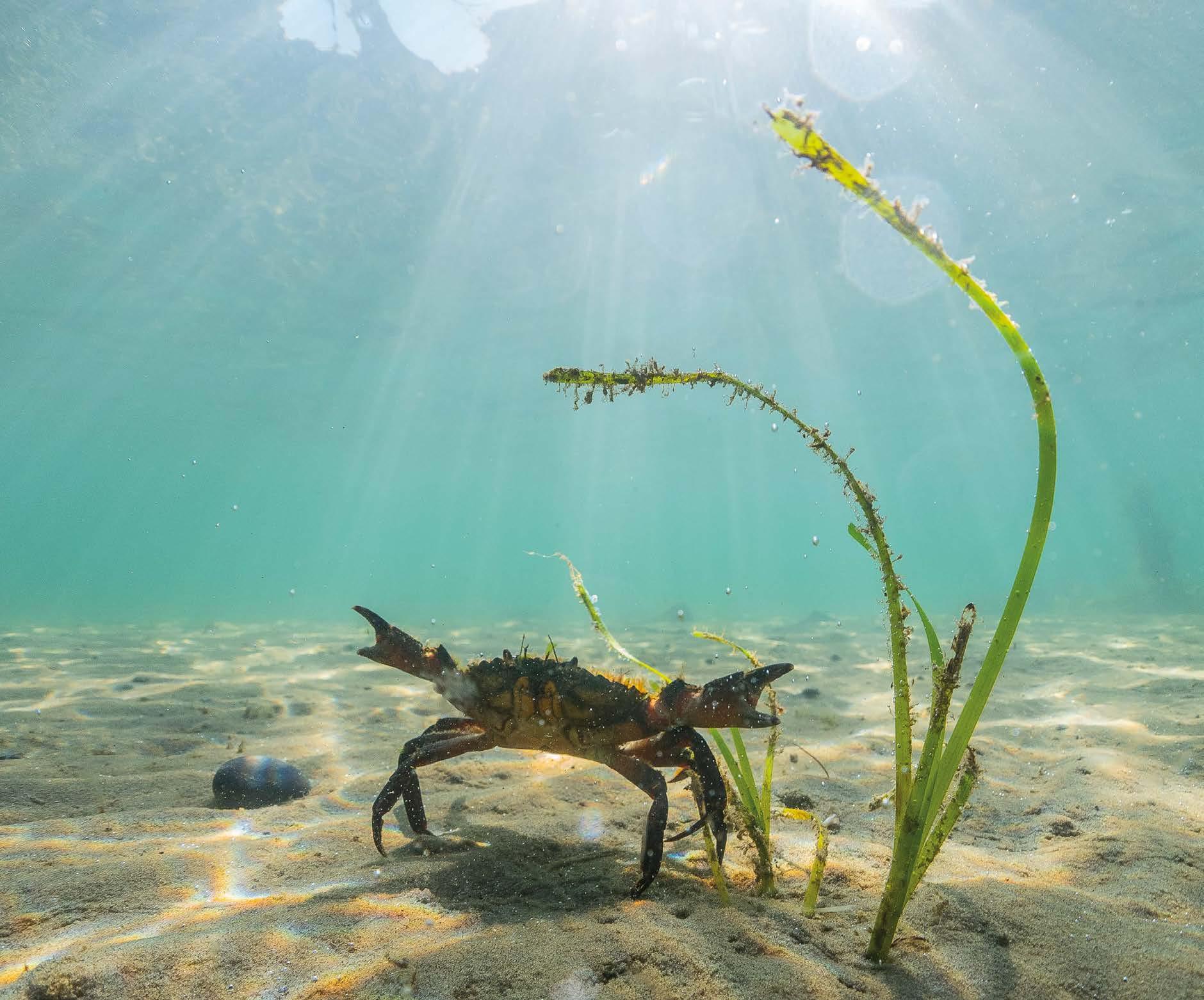
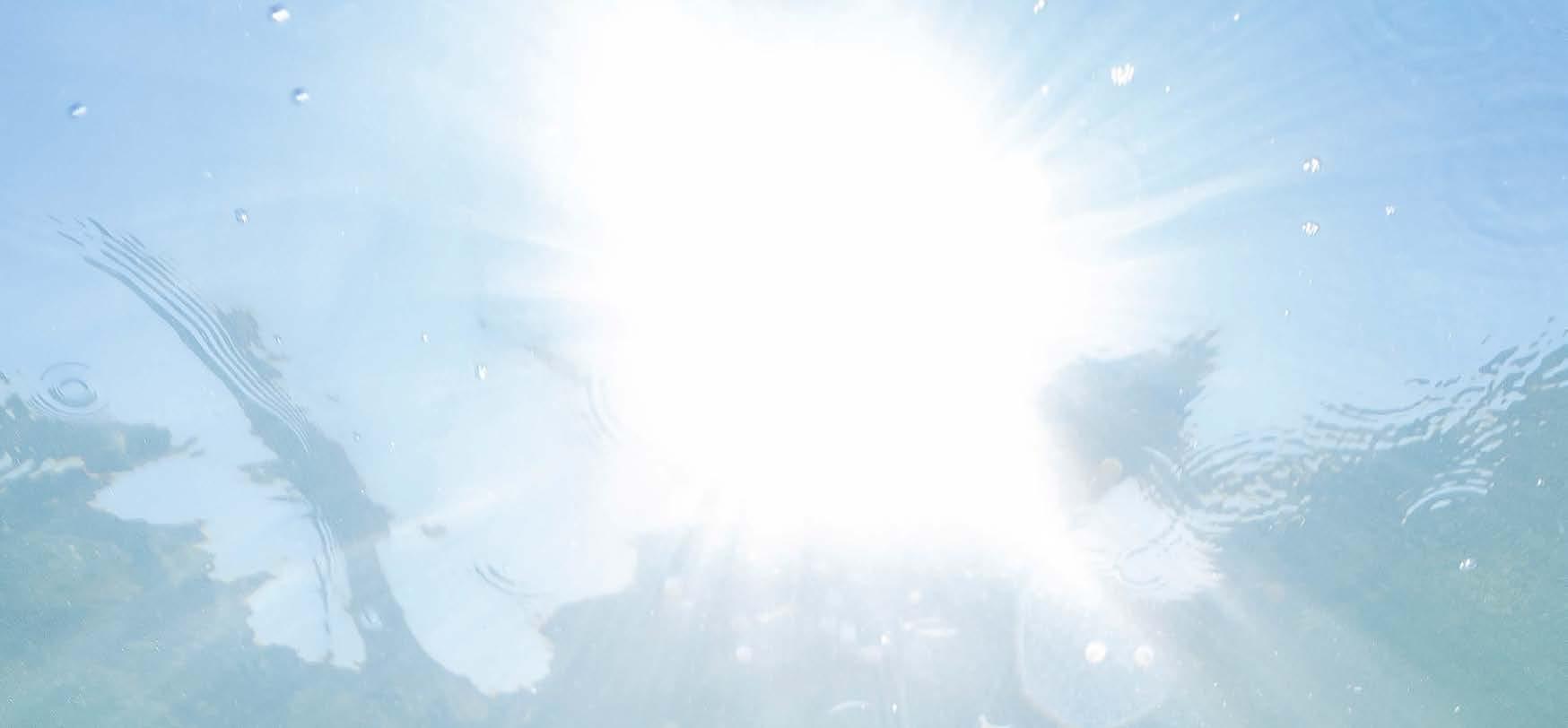
as offshore wind farms, we have worked to address specific threats to species and habitats, such as pollution, destructive developments or damaging activities. Here, we work to facilitate passive restoration and build resilience to a changing climate.
Across all of our restoration work, we aim to drive longlasting change. We do this through pushing for policy amendments that facilitate effective restoration at scale, while reducing overall time and cost limitations.
Deliver practical, evidence-based and replicable restoration projects to reverse ecosystem degradation
Facilitate passive restoration by identifying and removing barriers to natural ecosystem recovery
Influence marine policy to promote and encourage restoration efforts

The Solent is home to a mosaic of complex and important habitats that have been lost, degraded and fragmented due to fishing pressure, disease, invasive species and poor water quality – among other factors. In 2013, Europe’s once largest native oyster fishery collapsed; more than 50 per cent of the saltmarsh has been lost; and all 650 hectares of seagrass beds are in poor condition. In 2020, Blue Marine and academic partner University of Portsmouth developed the Solent Oyster Restoration Project, establishing the UK’s first ever native oyster restoration hatchery. Findings from the project were shared through development of a series of Native Oyster Restoration Handbooks that provided the basis for new projects to fast-track their own efforts. To scale up the successes of this small-scale, single-species restoration project, Blue Marine is now working in partnership with nine other organisations to pioneer seascapescale restoration across 522 sq km in the Solent. This project (the Solent Seascape Project) will reconnect critical coastal and marine habitats, and monitor carbon sequestration rates.
Blue Marine’s work restoring native oysters with partners in the Solent has helped to build a UKwide native oyster restoration portfolio. Other restoration sites include Essex, Tyne and Wear and Conwy Bay in Wales. Across all restoration sites, over 160,000 oysters have been released onto over 18,000 sq m of newly-created oyster habitat and 12 nursery sites. These innovative methods have filled crucial knowledge gaps around the restoration of this once abundant species and contributed significantly to the creation of the series of Native Oyster Restoration Handbooks. Furthermore, monitoring has shown that these sites have the potential to be hotspots for biodiversity, with over 100 species recorded living within or around the oyster nurseries. These include the critically endangered European eel, protected spiny seahorse and the recreationally and commercially important European sea bass.
European sturgeon once thrived across Europe but now only a single wild population in France remains. Following a mass re-introduction of native sturgeon in European waters, we are beginning to see their return to UK coastal waters. In 2020, Blue Marine formed the UK Sturgeon Alliance alongside partners Zoological Society of London, Institute of Fisheries Management, Severn Rivers Trust, Nature at Work, and the Wildfowl and Wetlands Trust. A UK sturgeon database with over 5,000 records has been developed and is being used to better understand where these enigmatic creatures were once found and to where they are now returning. In 2022, the UK Sturgeon Alliance launched the SaveTheSturgeon website to raise awareness and collect further sightings from the public. Most recently, in 2023, the UK Sturgeon Alliance produced a 10-year conservation strategy and action plan, supported by NGOs, regulators and experts. As momentum builds, Blue Marine hopes to raise awareness of and increase pride in this great British fish, while exploring ways under the IUCN Reintroduction Protocol to begin actively restoring sturgeon numbers in the future.
6
CREATED , COVERING SQ M
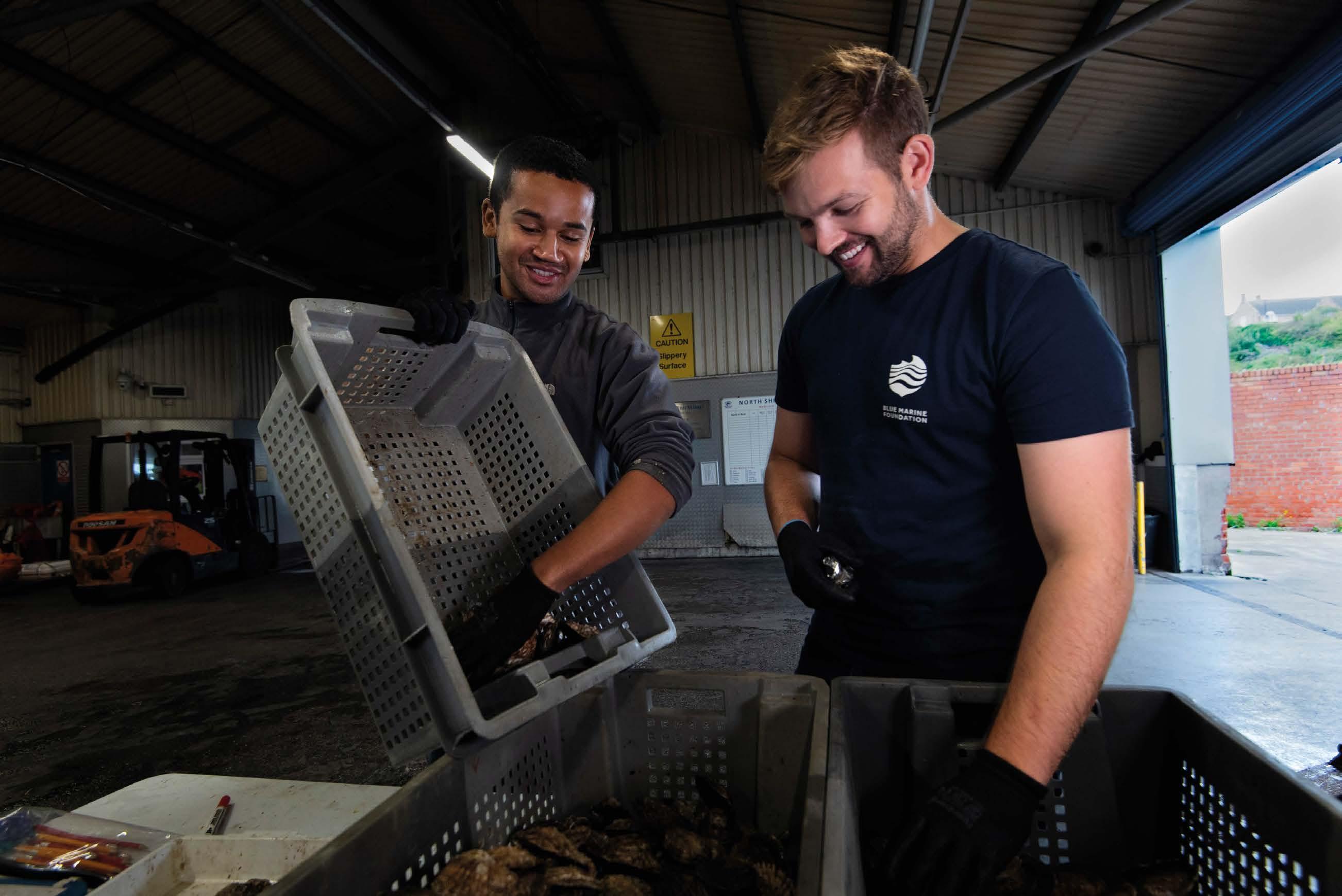
MARINE HABITATS AND SPECIES UNDER RESTORATION OR INCREASED LEGISLATIVE PROTECTION INCLUDING: OVER
50

18,000
830,000 SQ M

160,000
NATIVE OYSTERS DEPLOYED
520
UNDER SEASCAPE-LEVEL RESTORATION SQ KM
23
SPECIES OF PARROTFISH IN THE MALDIVES
100 OVER
SPECIES FOUND LIVING AROUND DEPLOYED NATIVE OYSTERS, INCLUDING PROTECTED SPINY SEAHORSES, EUROPEAN SEABASS, SPIDER CRABS AND CRITICALLY ENDANGERED EUROPEAN EELS OF SEAGRASS BEDS

Teacher, Beaulieu Primary School, Jersey
“The team are clearly passionate and knowledgeable about what they do and this easily ignites the children’s interests in their local marine environments. The classroom sessions are very informative and it is great to have a wealth of local knowledge so that it is real and meaningful to the children, plus something they can continue to explore in their leisure time and share information with family and friends.
The impact has been that the children have increased their awareness of our local waters, the activity in them and how to protect them. For the class that completed the full programme, they have been able to share this learning with others and explore the trails in their own time too. It has opened their eyes to more of what we can explore in our island.”
Daughters of a traditional fisherman in Aeolian Islands, a member of the responsible small-scale fishing association, supported by Blue Marine Foundation. Participants of Blue Marine’s education programs
“Our experience with Blue Marine was the first that allowed us to grow up learning and understanding what a special place we live in, how we can use our voice for making sure it has a better future and giving us a wiser idea of how the sea can be well-managed and well-protected. Luckily, Blue Marine helped us realize that there is no future if we don’t take action now.
Blue Marine’s courses are full of interesting facts, creative games and fun to be involved in. They always leave us with a message to think about and our passion becomes contagious! That’s why we want to share our knowledge and enthusiasm with our friends and family....We all need to learn how to change and to believe that our actions can really make a difference and get things done
... Our final wish is that we want a sea full of life so our Dad can work less and catch more and bigger fish!”
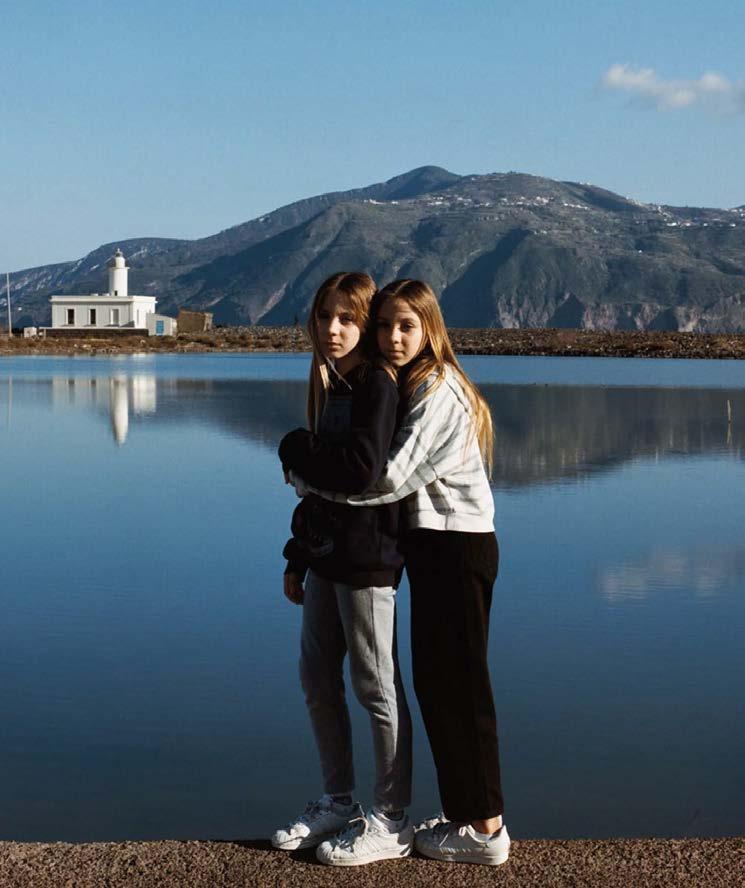


At the core of our work is supporting community engagement with the oceans upon which we all rely. Through education we can build the foundation of ocean advocacy which, in turn, influences the management of our seas. We believe that marine education is necessary for effective and equitable approaches to ocean conservation.
Within our project regions, we prioritise collaborative management that considers social and cultural community needs and facilitates local ownership. This is vital for delivering effective, long-lasting conservation that has lasting impacts beyond any one individual or project.
It is crucial to recognise that our achievements as an organisation have not been delivered by Blue Marine alone. It is through combining the drive, experience and expertise of multiple environmental organisations and passionate individuals that the big things get done. This ranges from supporting local non-profits on the ground, who deliver and lead hands-on conservation interventions, to forming high-level coalitions that achieve reach and influence at a governmental level.

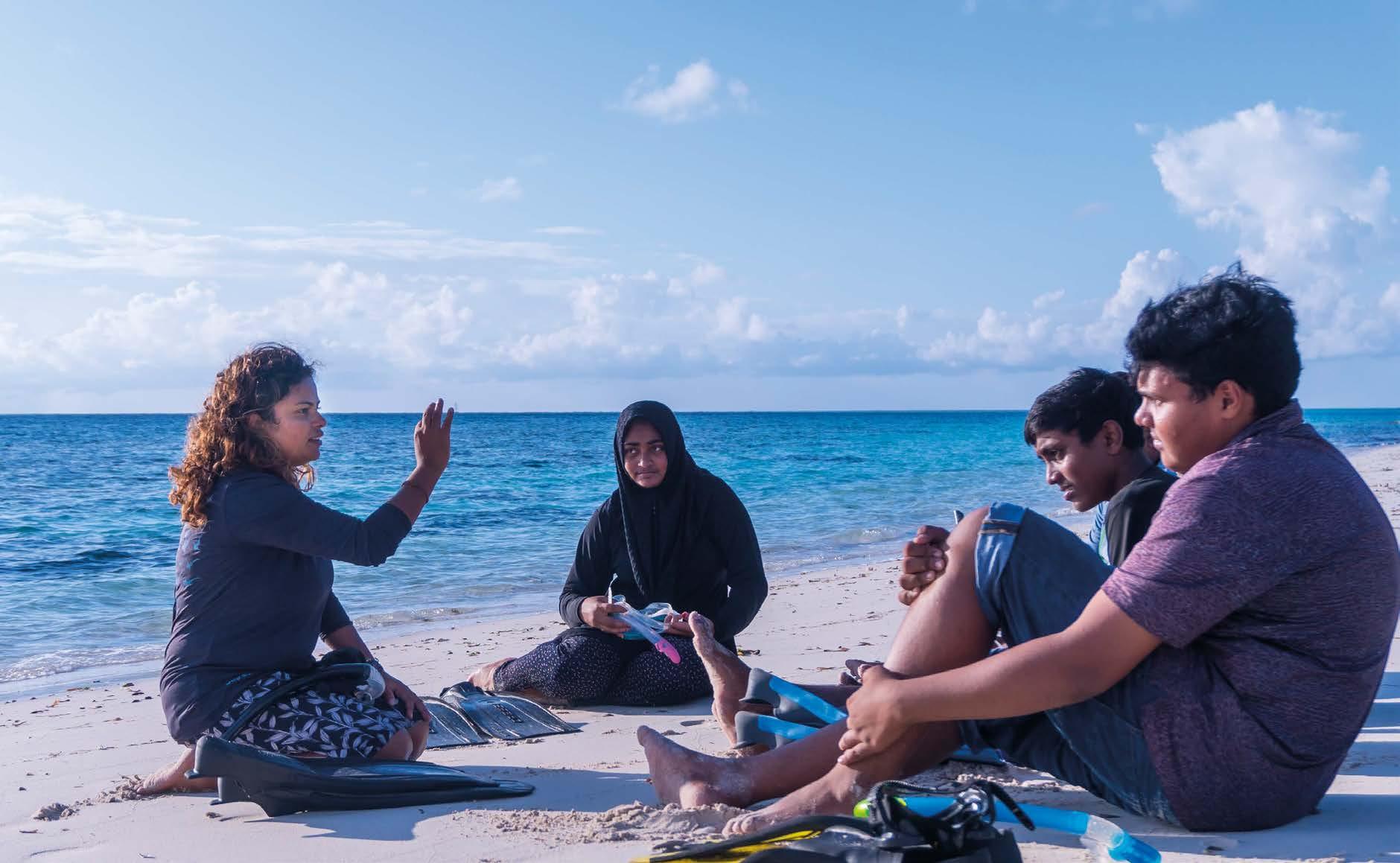
The low-lying country of Maldives is one of the most vulnerable countries to climate change. Only a small number of local NGOs work on marine conservation issues here – few Maldivian nationals receive higher education training in marine science. Aminath Shaha Hashim is Blue Marine’s Maldives Programme Manager and Chairperson of Maldives NGO, Maldives Resilient Reefs, which Blue Marine helped to establish in 2020. To empower Shaha as a conservation leader, Blue Marine has facilitated the completion of her Master’s degree at University of Exeter in the UK. In this time, Shaha has gone from strength to strength, winning the national Rehendhi Award, Regenerative Travel Activist of the year in both 2021 and 2022 and leadership excellence in the field of climate change and environment at the Professional and Career Women Awards. Meanhile, Shaha has published several papers contributing to a crucial evidence base and, most recently, has been selected as a 2024 Ocean Leader. Blue Marine is thrilled to have been able to play a part in Shaha’s role as an ocean trail blazer.

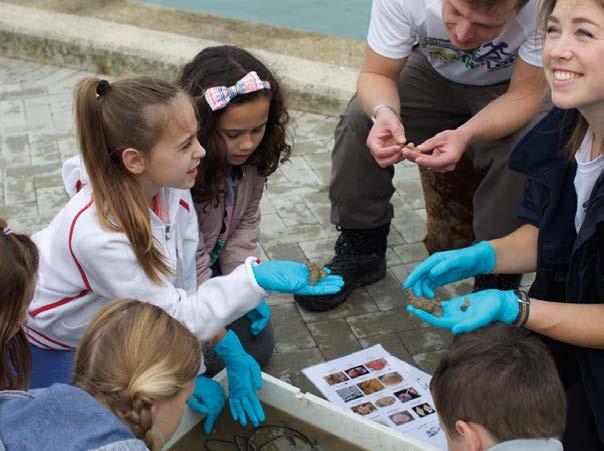
The Great Blue Oceans (GBO) Coalition was formed in 2015 and is comprised of six member organisations, including Blue Marine. By combining the reach and impact of member organisations, GBO represents over 2 million members Through its collective voice, GBO secured a government manifesto commitment in 2015 to create a “Blue Belt” around the UK overseas territories (UKOTs). These UKOTs committed to creating MPAs, hailed as “the greatest conservation commitment by any government ever”. Following the announcement of the Ascension Island MPA, Blue Marine secured a £2 million endowment fund, sealing community support for designation of over 440,000 sq km by ensuring the continuation of pre-designation income.
In late-2021, Blue Marine launched The Sea We Breathe, our largest online educational initiative to date. The Sea We Breathe is an immersive digital platform which guides learners through interactive ocean journeys. It explores the topics of sustainable fisheries, marine protection and blue carbon. The innovative and engaging platform won eight awards, including the prestigious Webby Award, and has been visited over 1.7 million times by people around the world. Most recently, the platform was developed into a virtual reality seascape and rolled out at COP28, where it reached over 2,000 people
Blue Marine’s education work also takes the form of face-to-face engagement with local students at our project sites. In 2021, Blue Marine launched a Jersey snorkel trail education programme, so successful that it was repeated and expanded in 2022. To ensure equal opportunity to take part, the programme was delivered at no cost to students. Over two years, more than 500 primary school students across 18 schools attended the programme Up to a third of the students had never snorkelled before, allowing Blue Marine to create an inspirational first experience, with teachers saying the programme inspired several future marine biologists in the process.
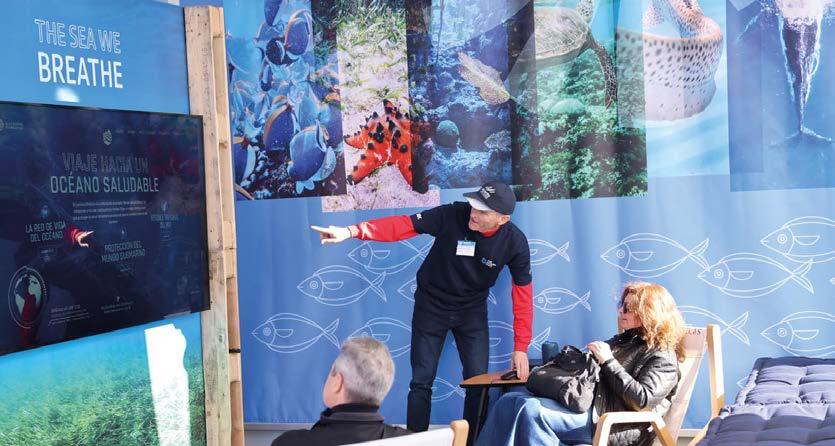
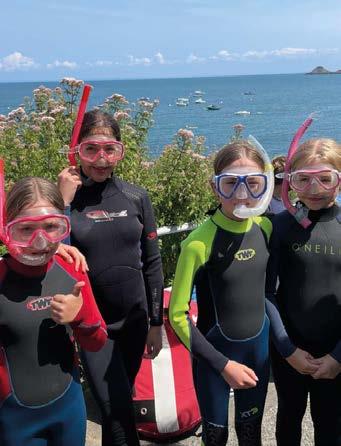
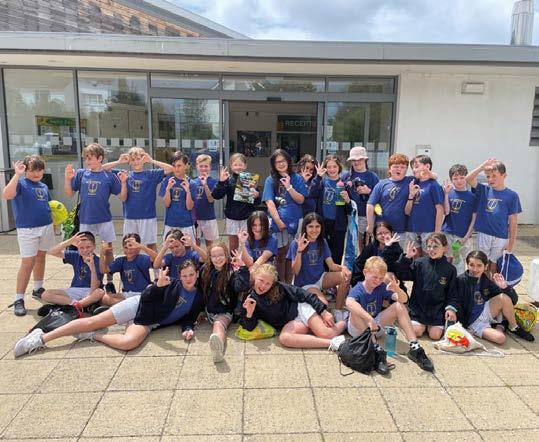
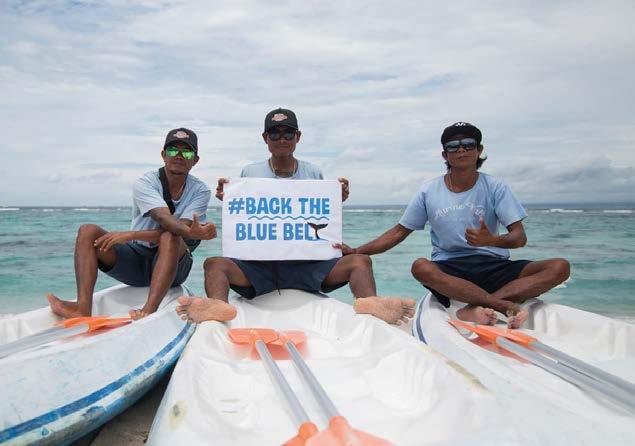
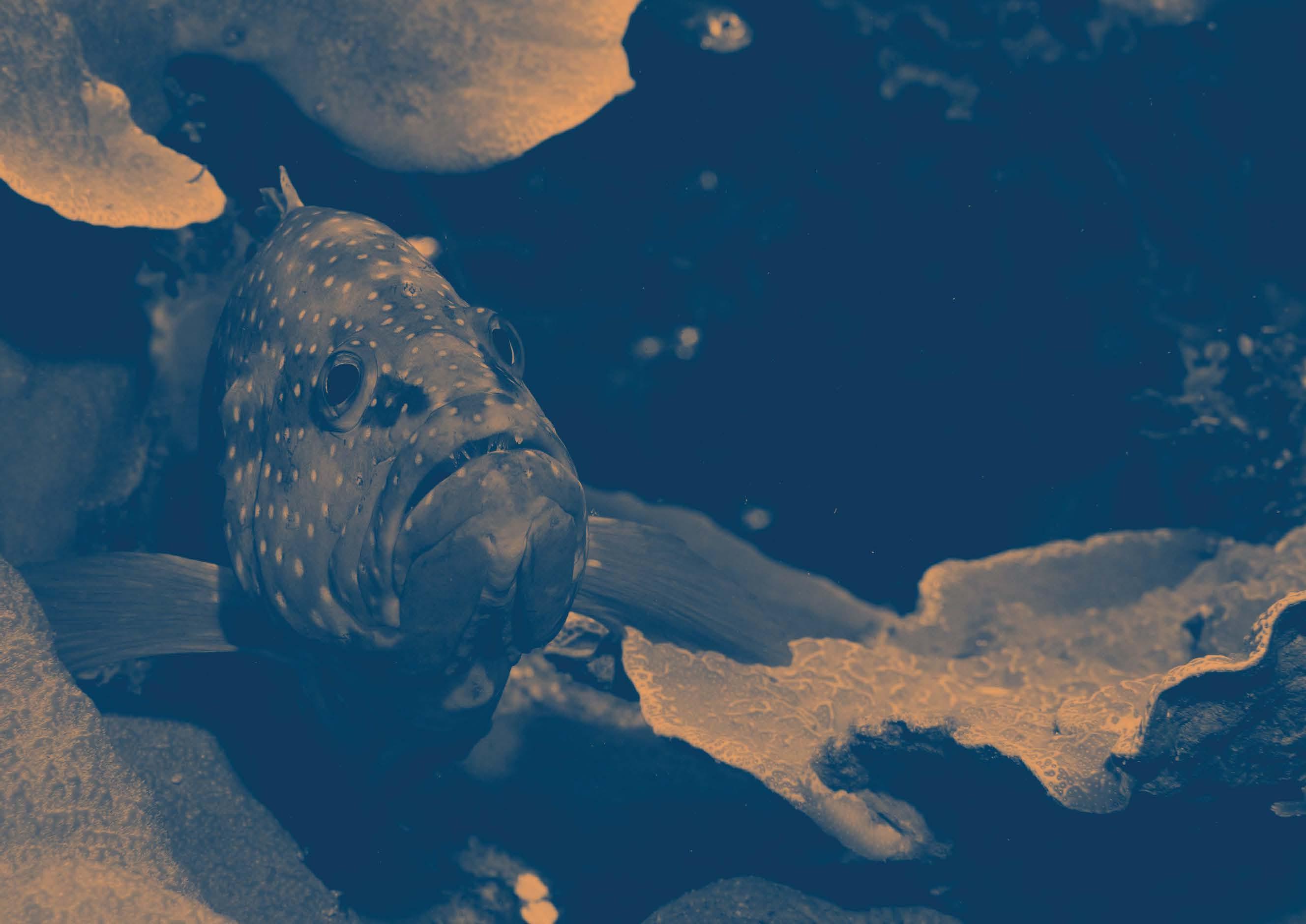
4,000
DIRECT BENEFICIARIES
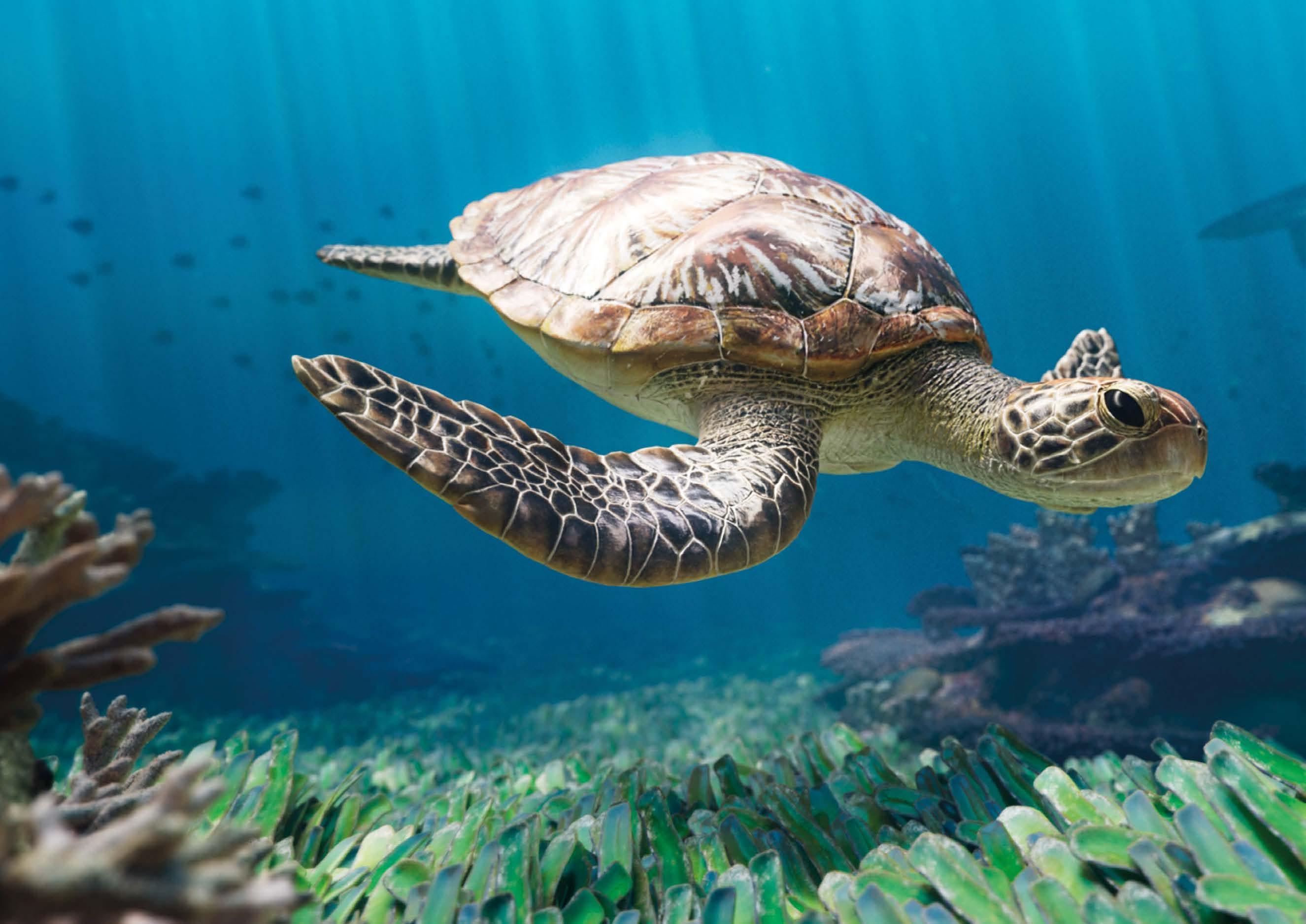
250,000 OVER STAKEHOLDERS REACHED WITH MARINE CONSERVATION MESSAGING THROUGH IN-PERSON AND DIGITAL ENGAGEMENT
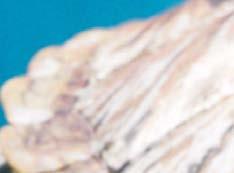
20
NEW COALITIONS OR WORKING ADVISORY GROUPS JOINED OR FORMED

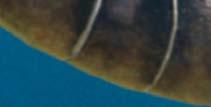
70,000 OVER
STUDENTS REACHED, ACROSS SCHOOLS AND 450 EDUCATIONAL PROGRAMMES 27
200 TO WORK WITH NEARLY
11 27 20 83 26 32
Monitoring and evaluating our work and communicating lessons learnt allows us to continually improve our conservation effectiveness and impact. Blue Marine has developed a rigorous monitoring and evaluation process for us and our project partners. It allows us to track impact, assess progress and record data. This in turn helps us to evaluate our approach and conservation interventions.
Blue Marine has developed a range of indicators aligned to the strategic pillars, which we assess our activities against. Our projects are hugely variable in scope, and this is reflected in the use of different indicators by different projects. By adopting this flexible approach within a broader framework, we allow for the unique nature of our projects and their challenges to shine through, while ensuring that our efforts and impacts remain laser-focused on our strategic pillars.
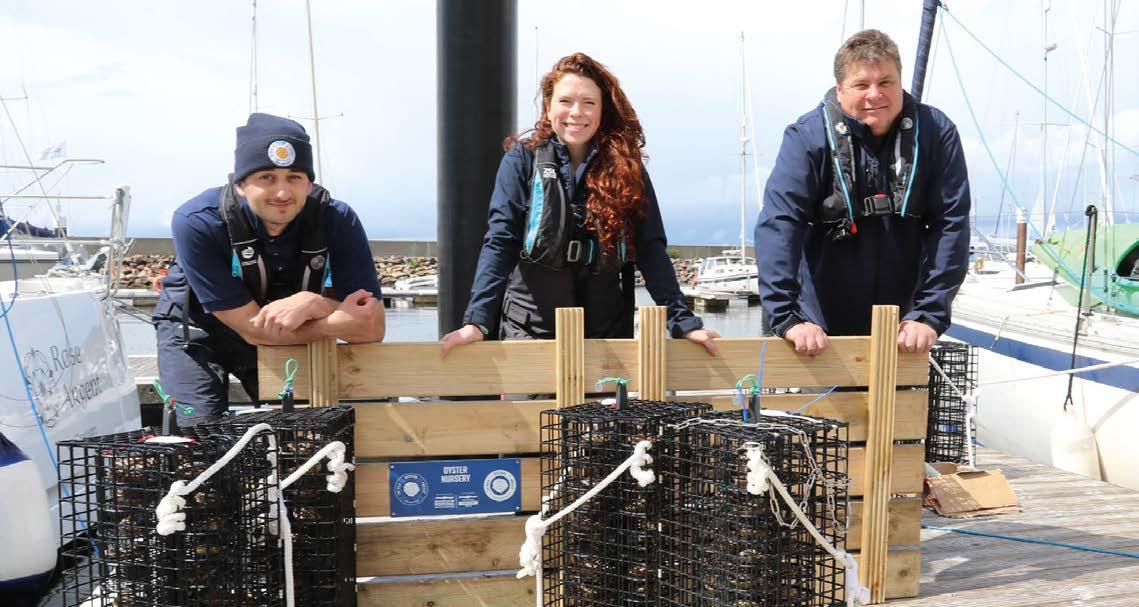
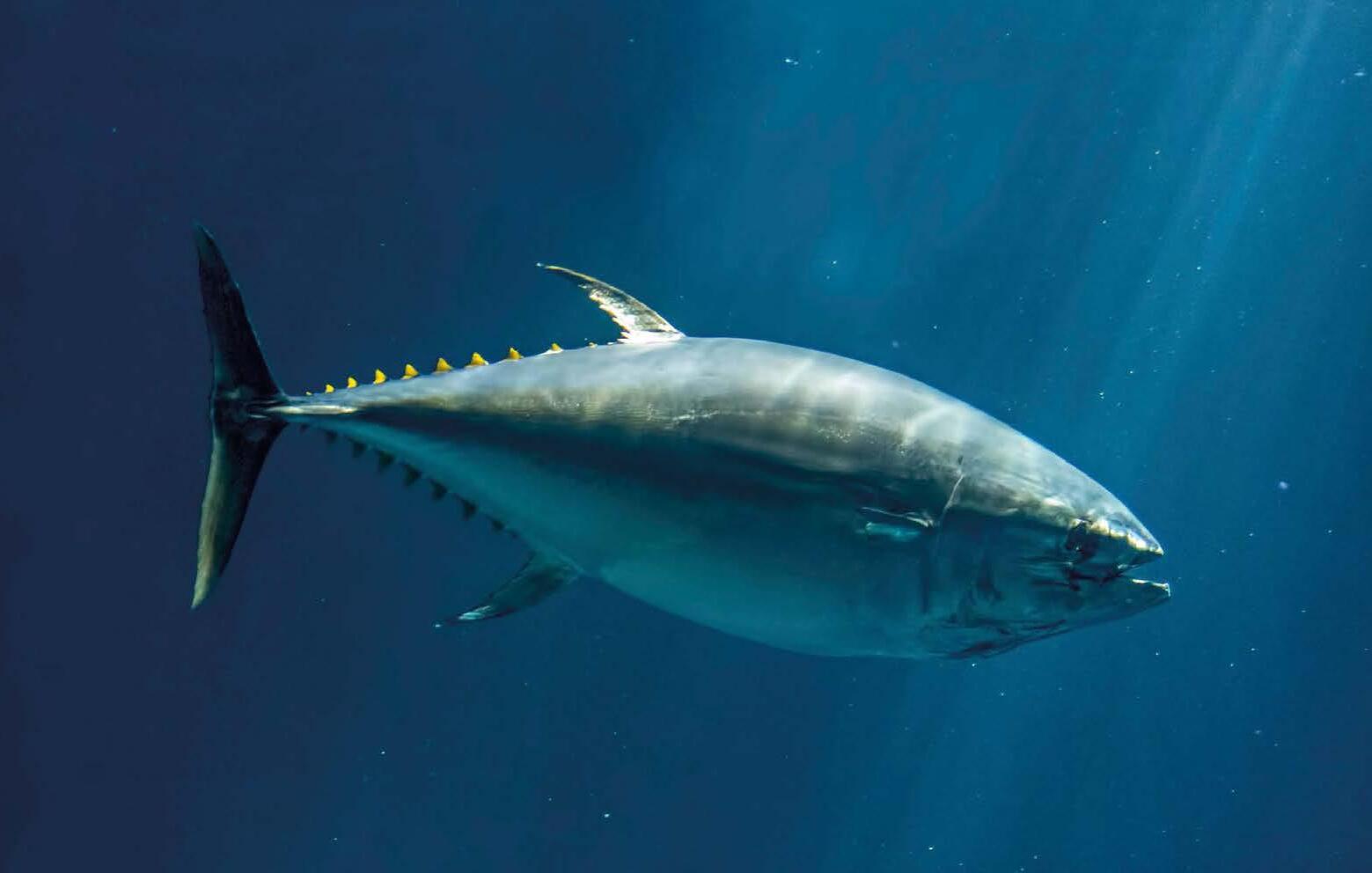
Given the need for immediate and effective action, it’s crucial that conservation projects are having the intended consequences at maximum efficiency. It’s important to recognise that conservation is a constantlyevolving science in an ever-increasing race against time. It’s therefore crucial that practitioners and policymakers share knowledge and lessons learnt to maximise conservation efficacy as quickly as possible.
To this end, Blue Marine undertakes activities to share lessons learnt and build on group knowledge:
Blue Marine launched their BluePrint for MPAs in 2023, which delves into the detail of what has gone well across our ocean conservation projects, and where there is room for improvement. The BluePrint features case studies from our projects around the world, aiming to provide a toolkit of ideas for those starting out, or part way along the journey of establishing MPAs.
Following the pandemic, Blue Marine and project partners hosted an in-person workshop in Gokova Bay, Turkey. This beautiful site is home to the only Mediterranean MPA with its own population of sandbar sharks and the beautiful but threatened monk seal. Through this in-person event, over 30 conservation experts came together from 10 countries across the Mediterranean to share knowledge and lessons learnt. This collaborative approach led to the development of a co-designed strategy. It is initiatives such as this that allow for the development of dynamic and reactionary management approaches that can provide the best outcomes for conservation.
Since our beginnings, Blue Marine has continued to expand its operations and impact, despite a challenging economic environment in recent years. Income has increased 5.4 times from the close of financial year 2018 on £2.1m to £11.3m at the close of financial year 2023, and 9.3 times since our first year in 2011. The growth in income reflects Blue Marine’s ambition to increase its scale and reach of work, taking our expertise in effective marine protection global. Despite rapid growth, Blue Marine has retained a highly efficient organisational structure.
By combining a lean but structured decision-making process with an accurately sized and well-trained finance and operations team, Blue Marine isn’t holding funds for unnecessarily lengthy periods of time due to slow process. In September 2023, Blue Marine was awarded ‘Transformation Project of the Year’ at the Enterprise Resource Planning Today awards. The award recognised ‘a continuous drive to maximise organisational efficiency.’ This reflects Blue Marine’s core strength: namely a small team of highly dedicated, passionate and talented employees, capable of working with precision and ingenuity.
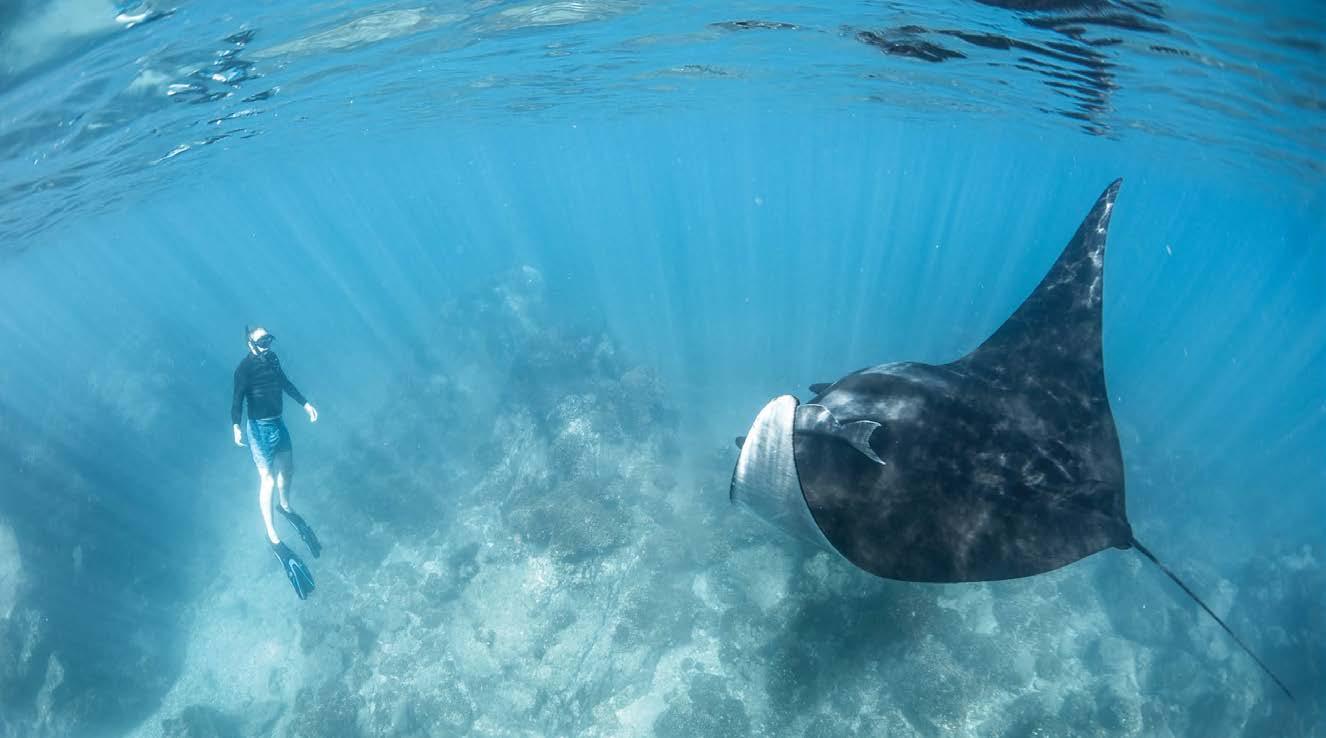
86% AVERAGE EXPENDITURE ON CHARITABLE ACTIVITIES OVER £34M SPENT ON CHARITABLE ACTIVITIES
FUNDING BREAK DOWN:
TOTAL INCOME VS EXPENDITURE

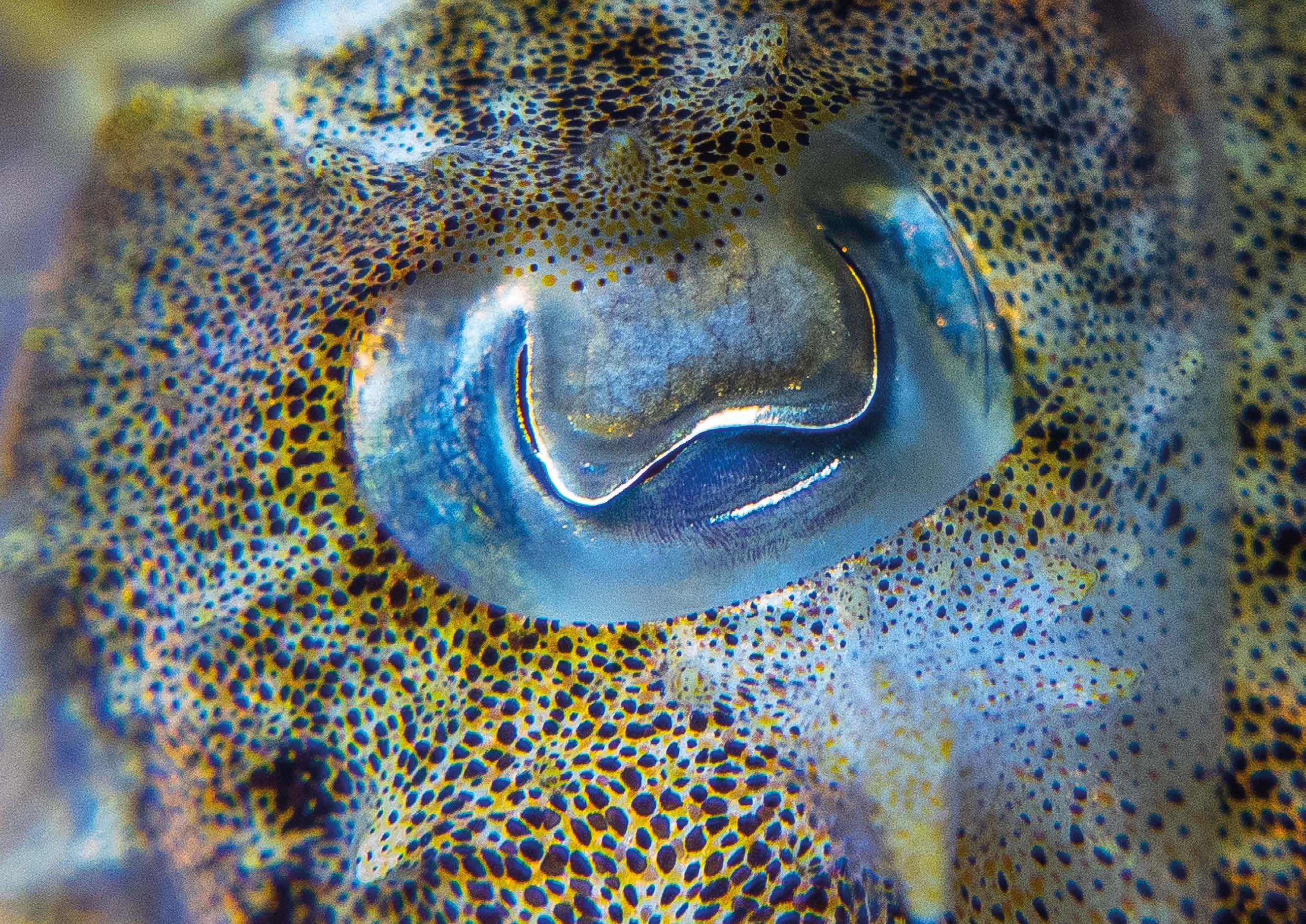
bluemarinefoundation.com info@bluemarinefoundation.com
South Building, Somerset House, Strand, London WC2R 1LA